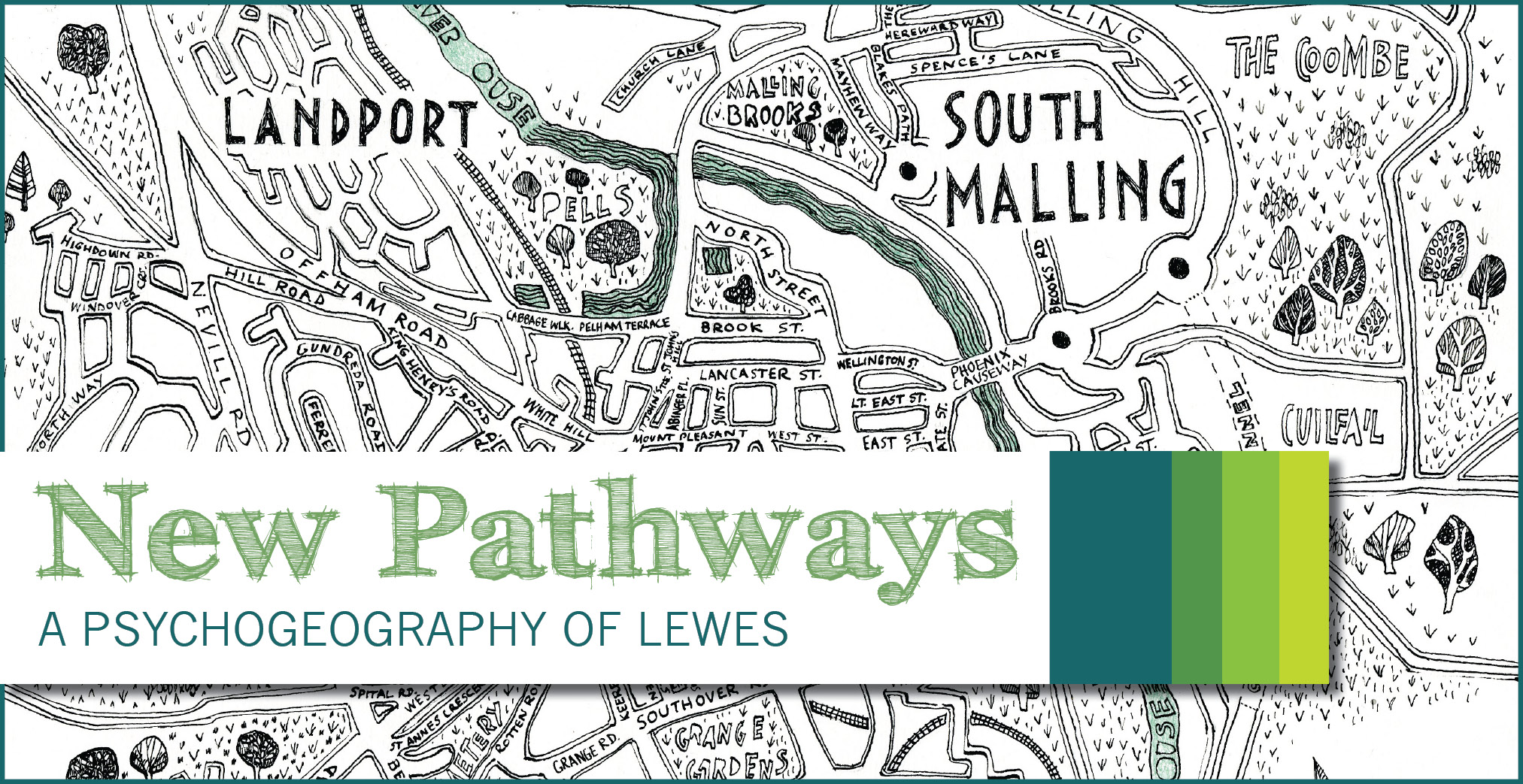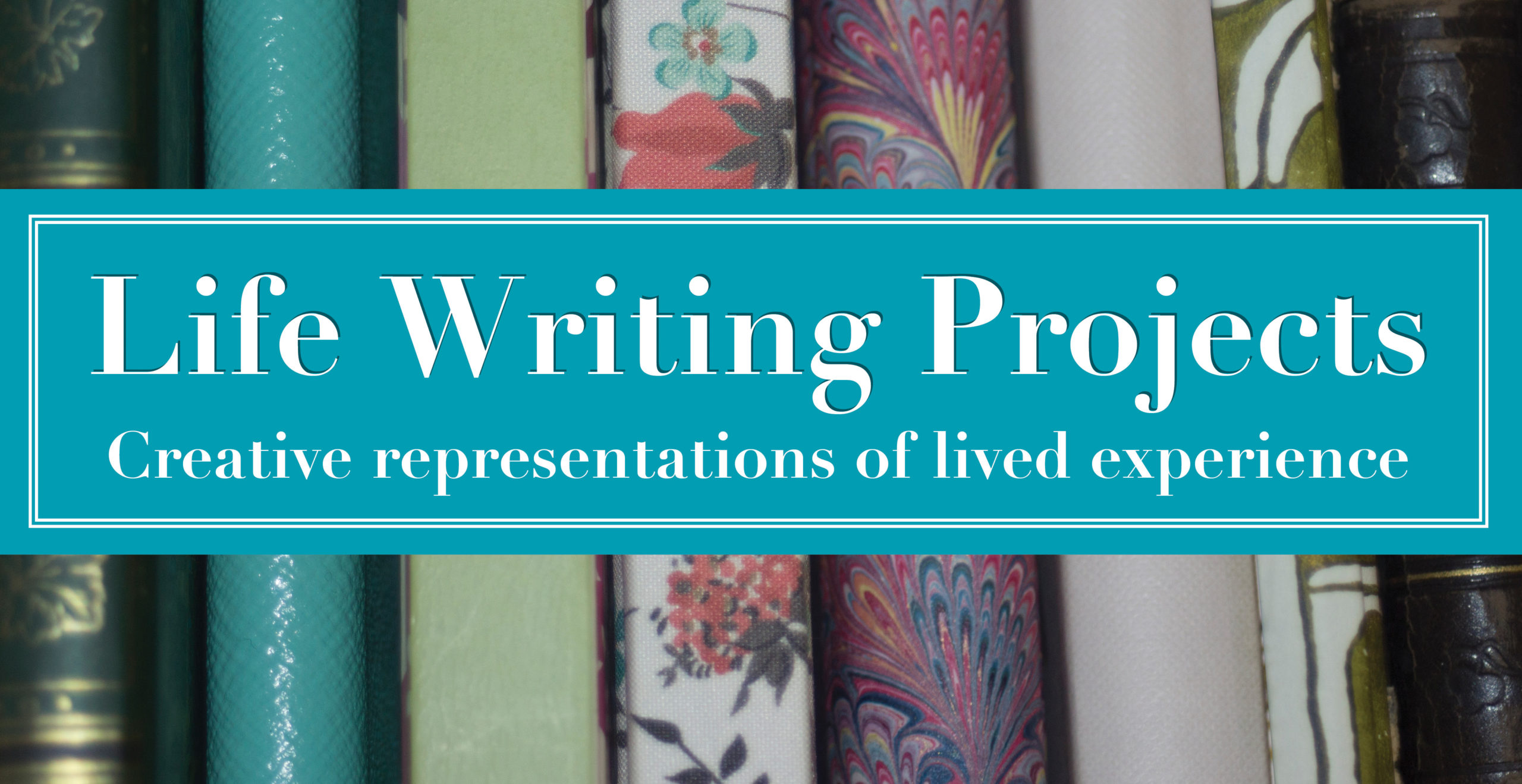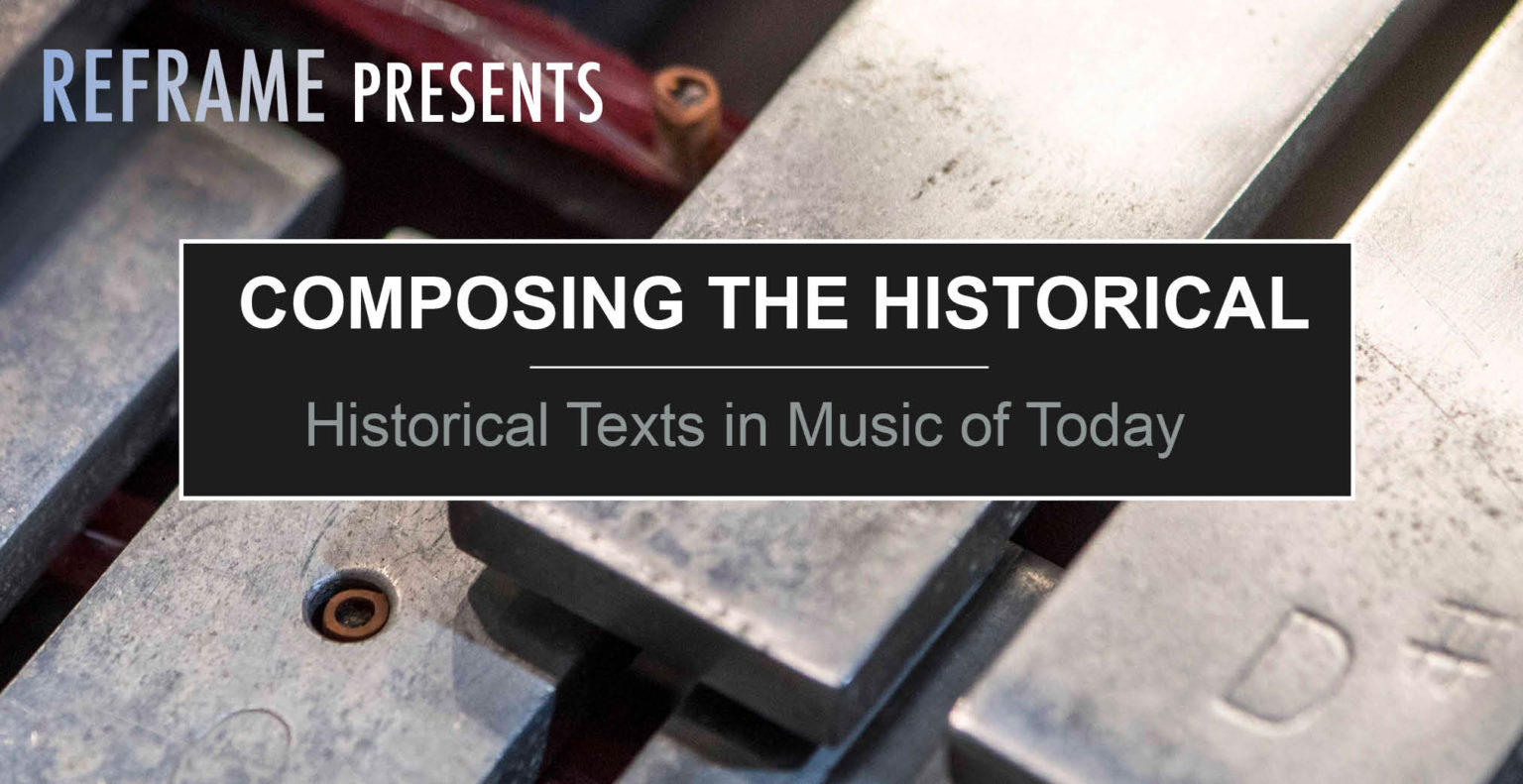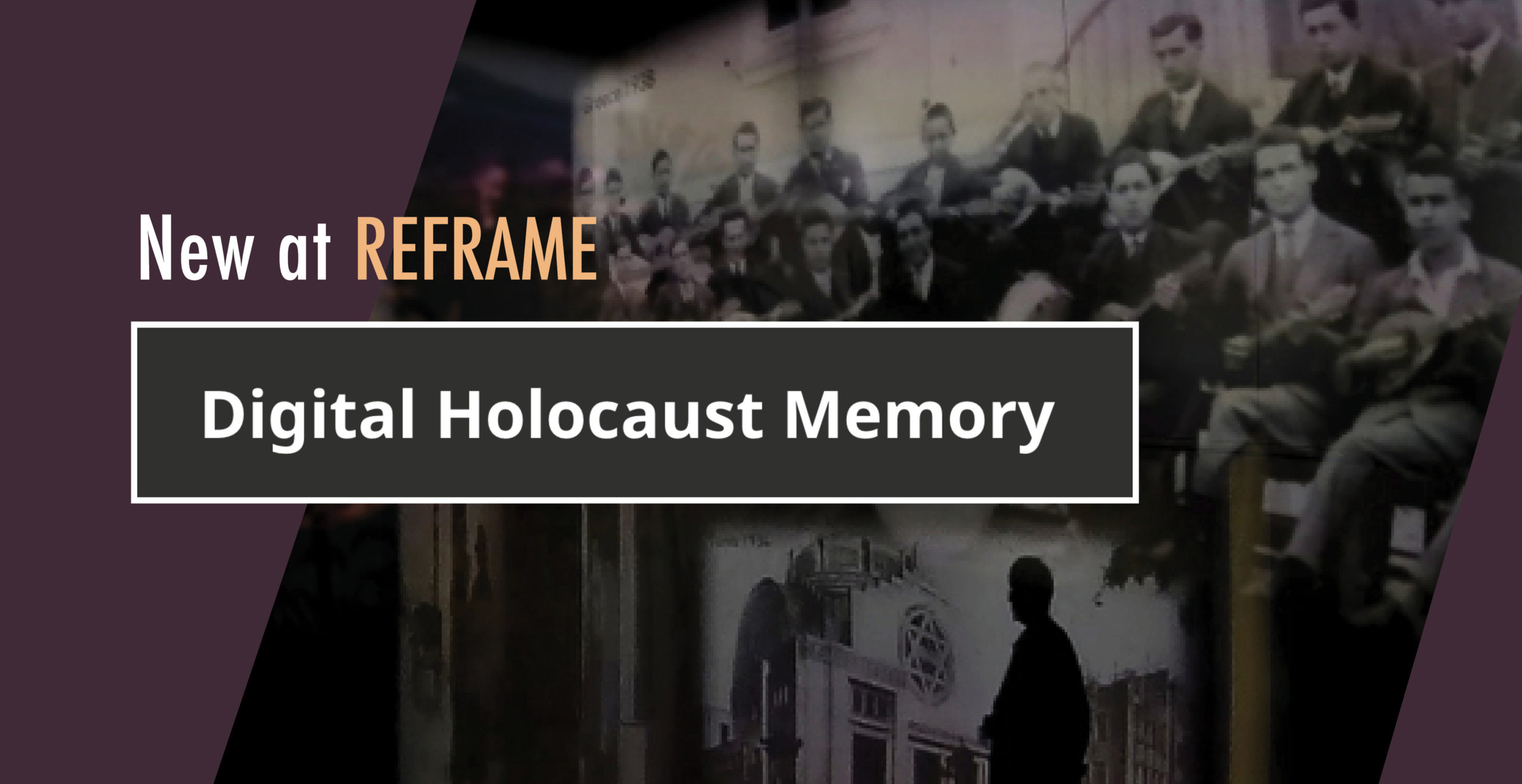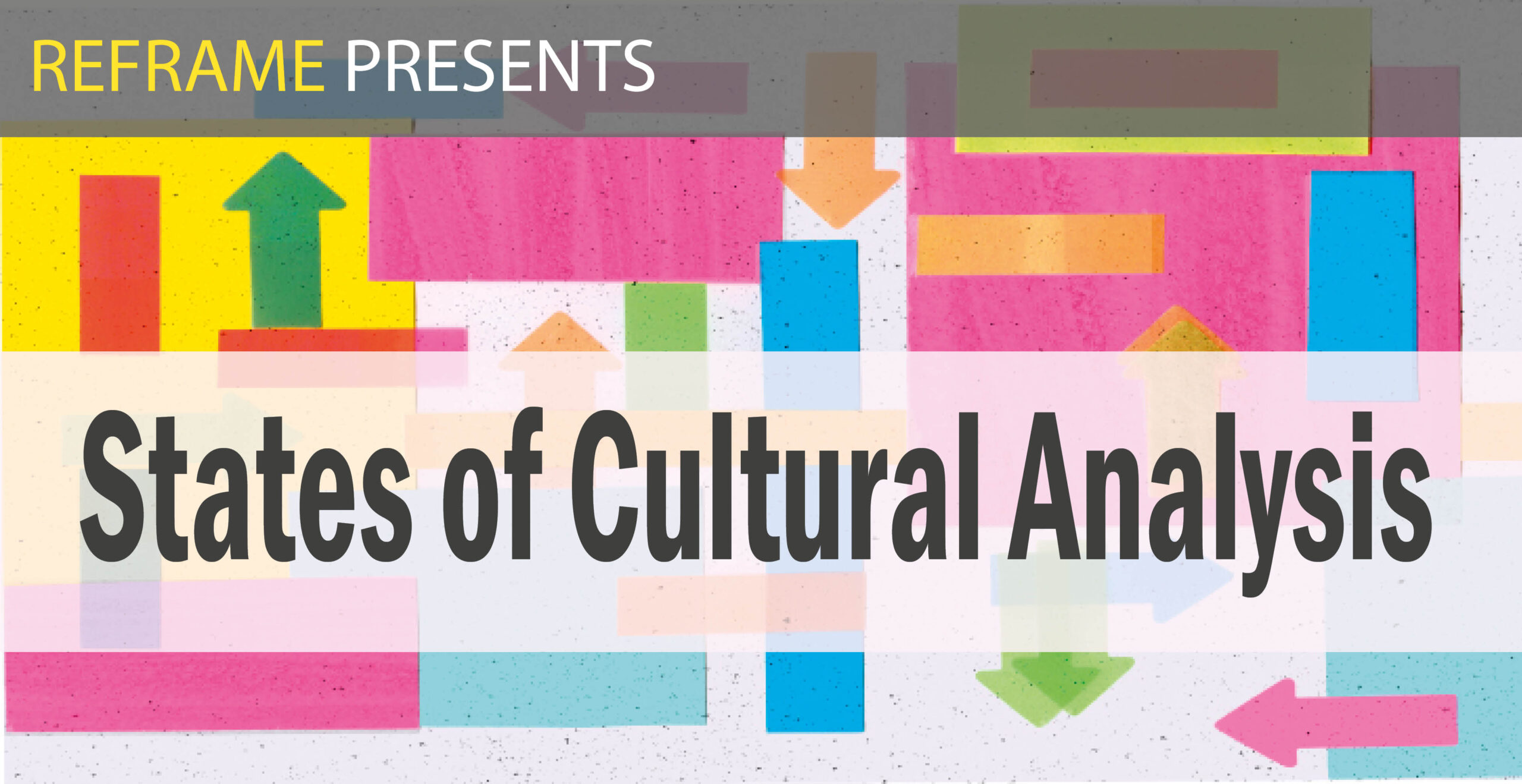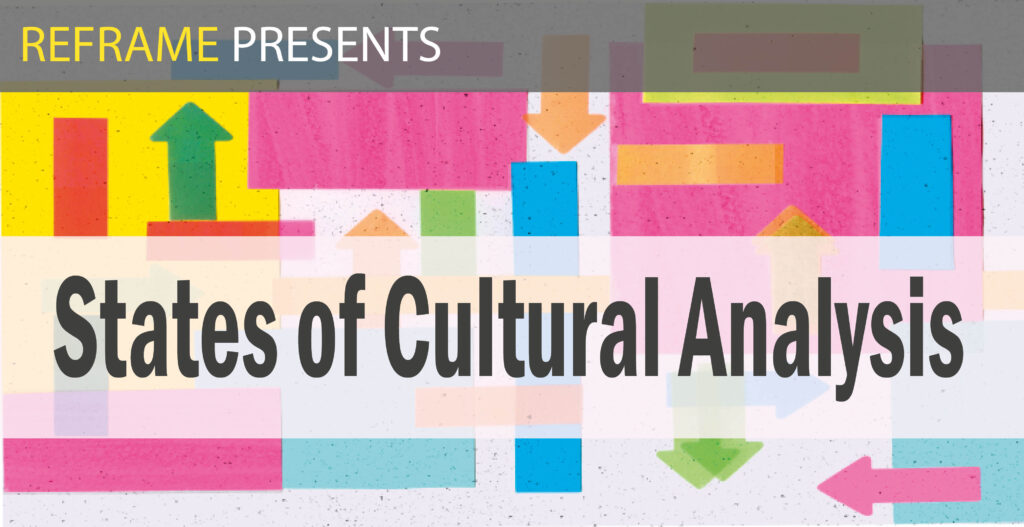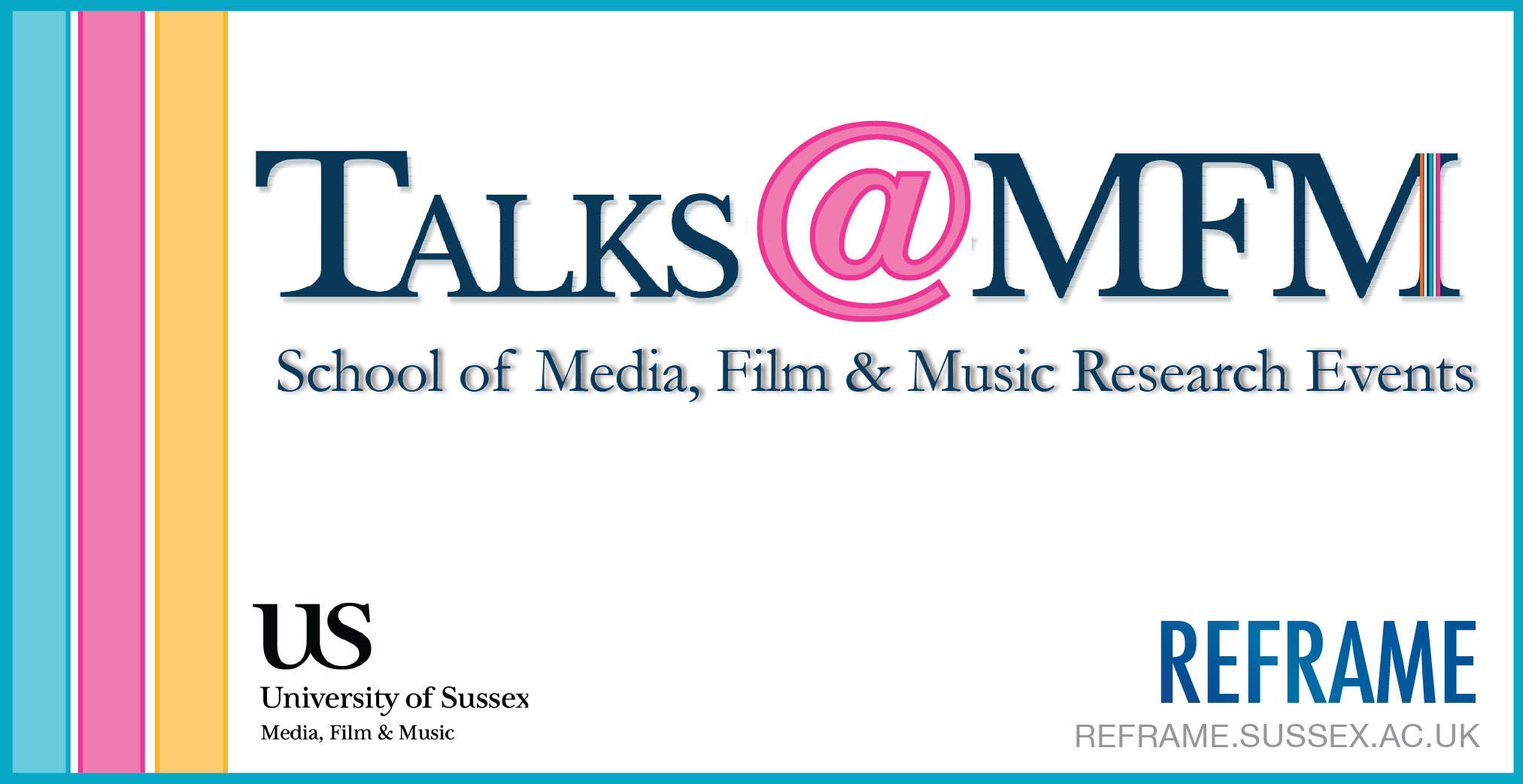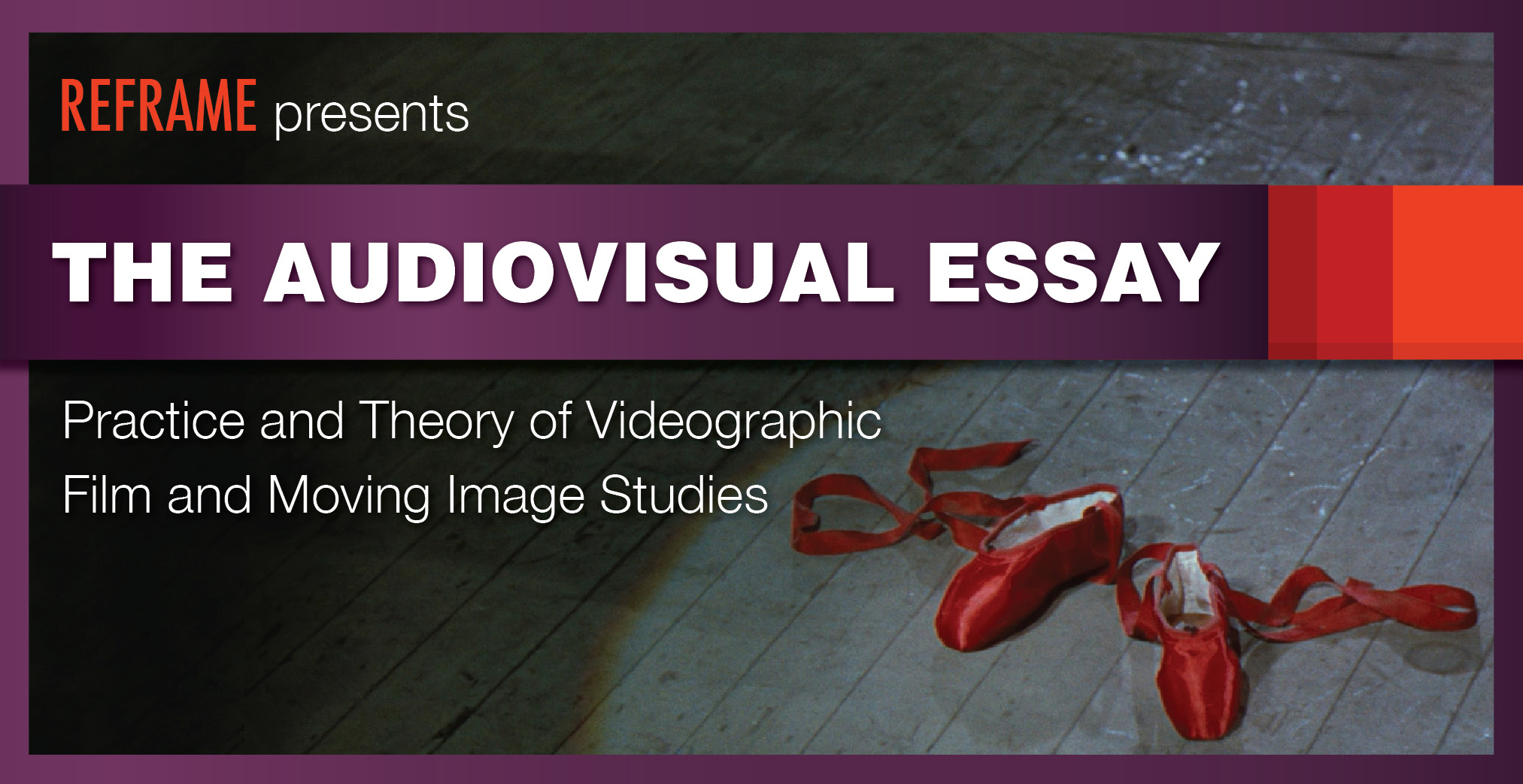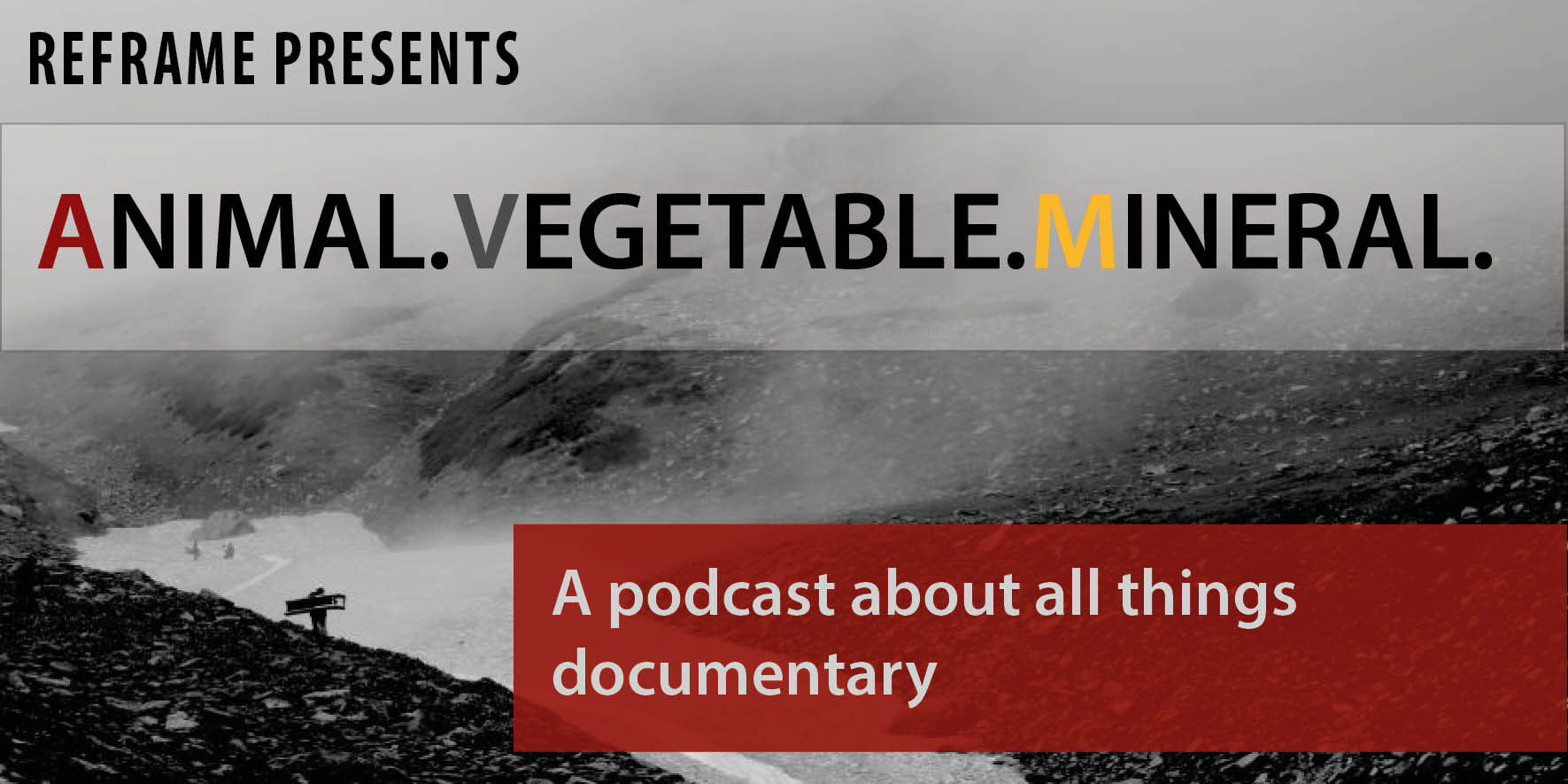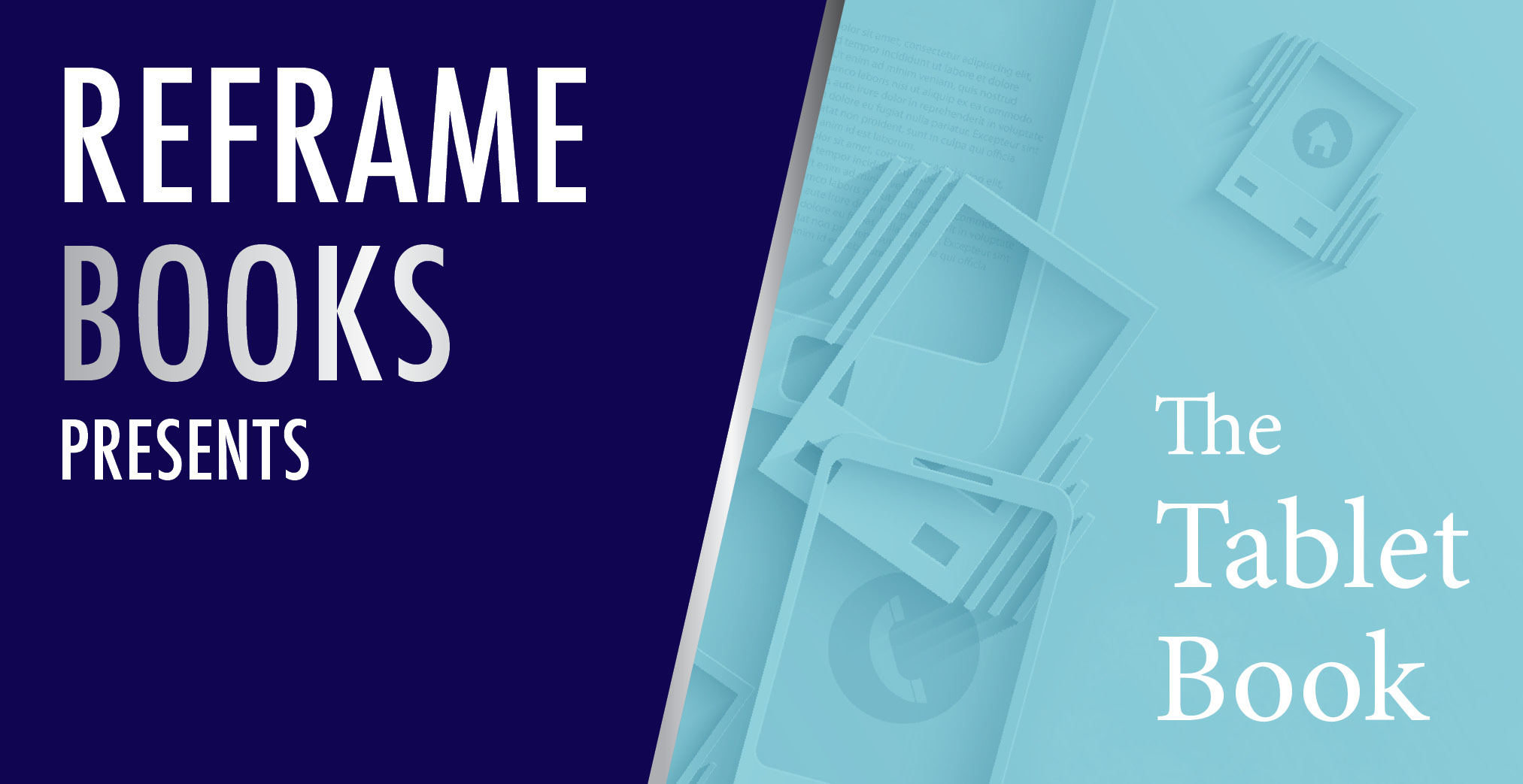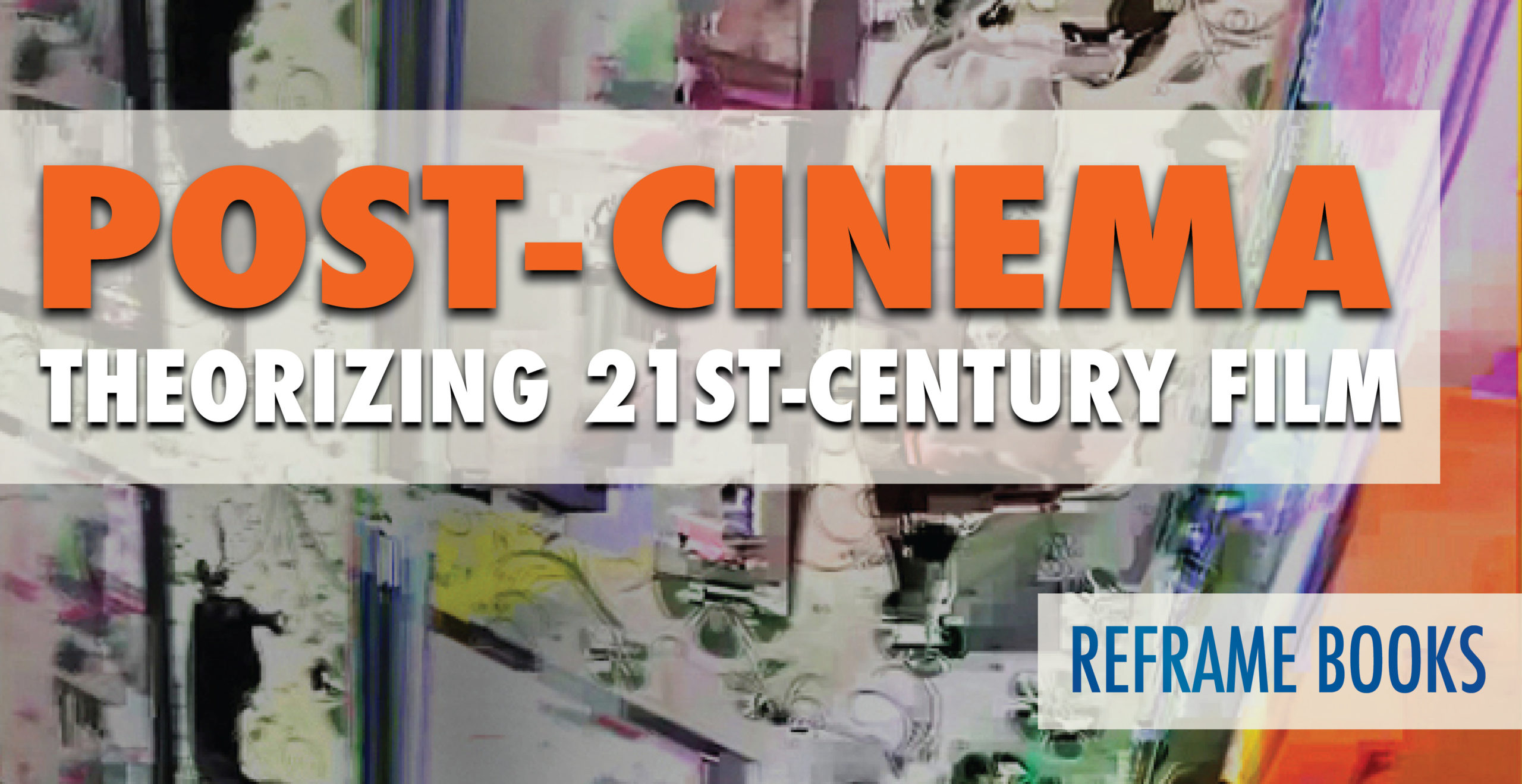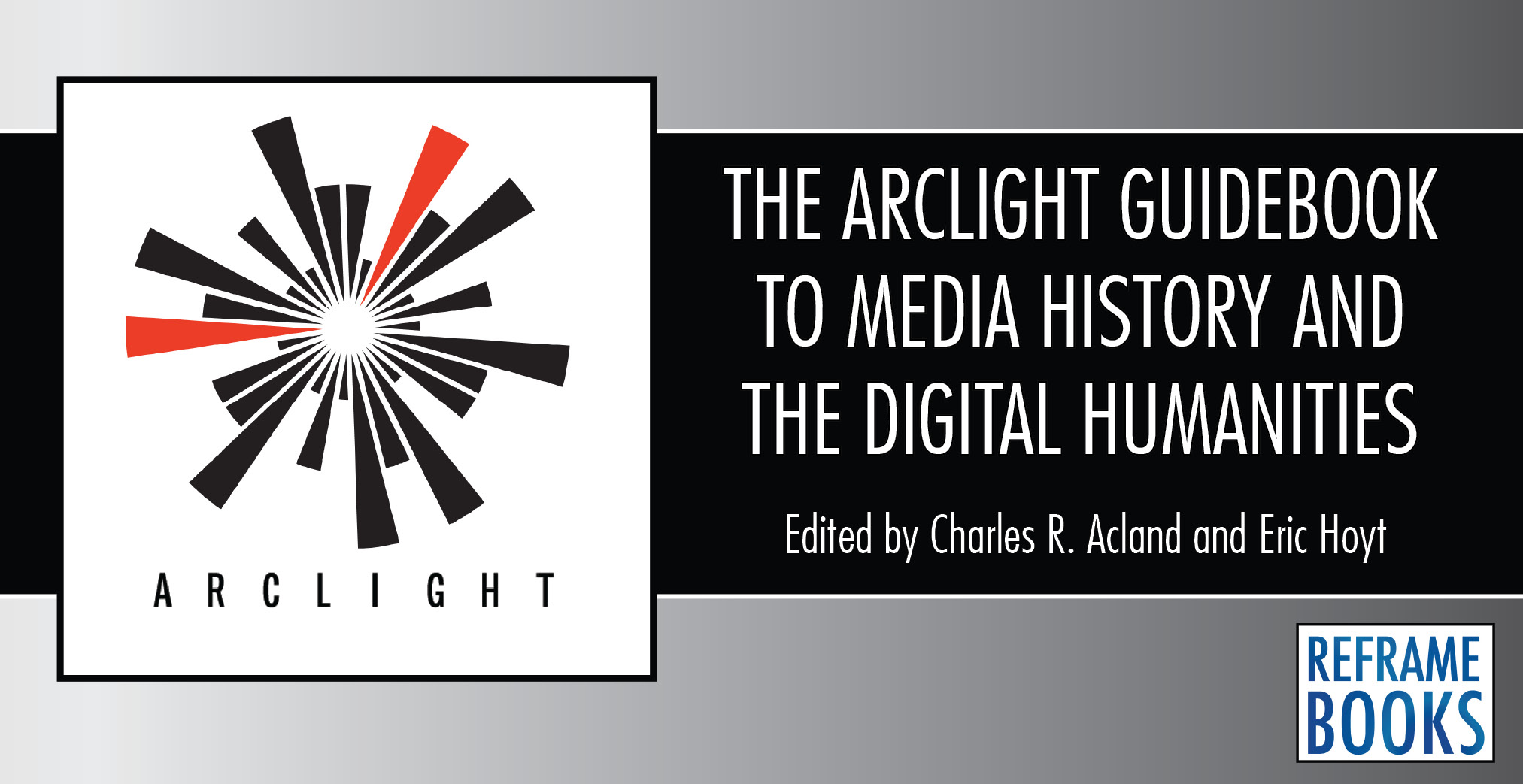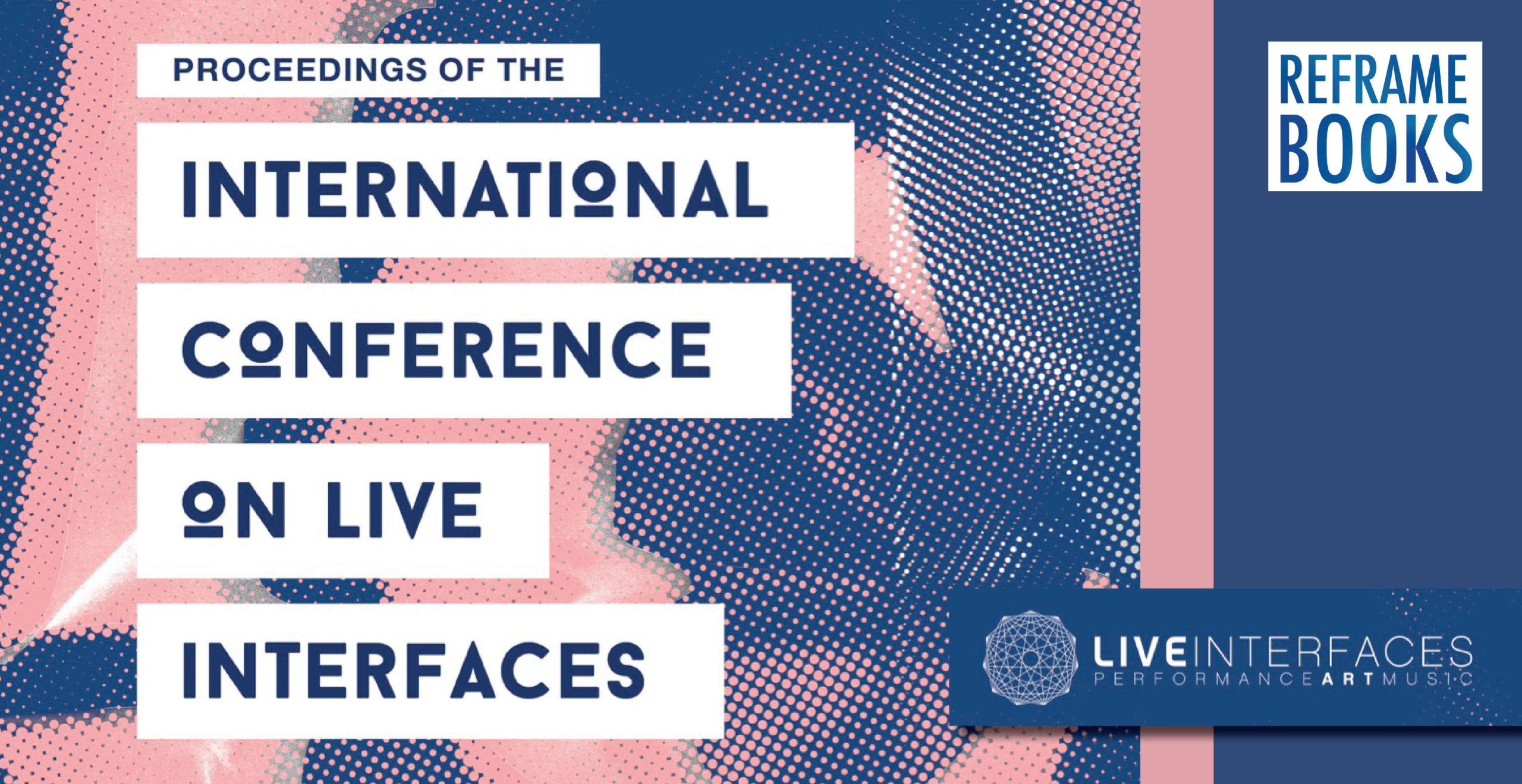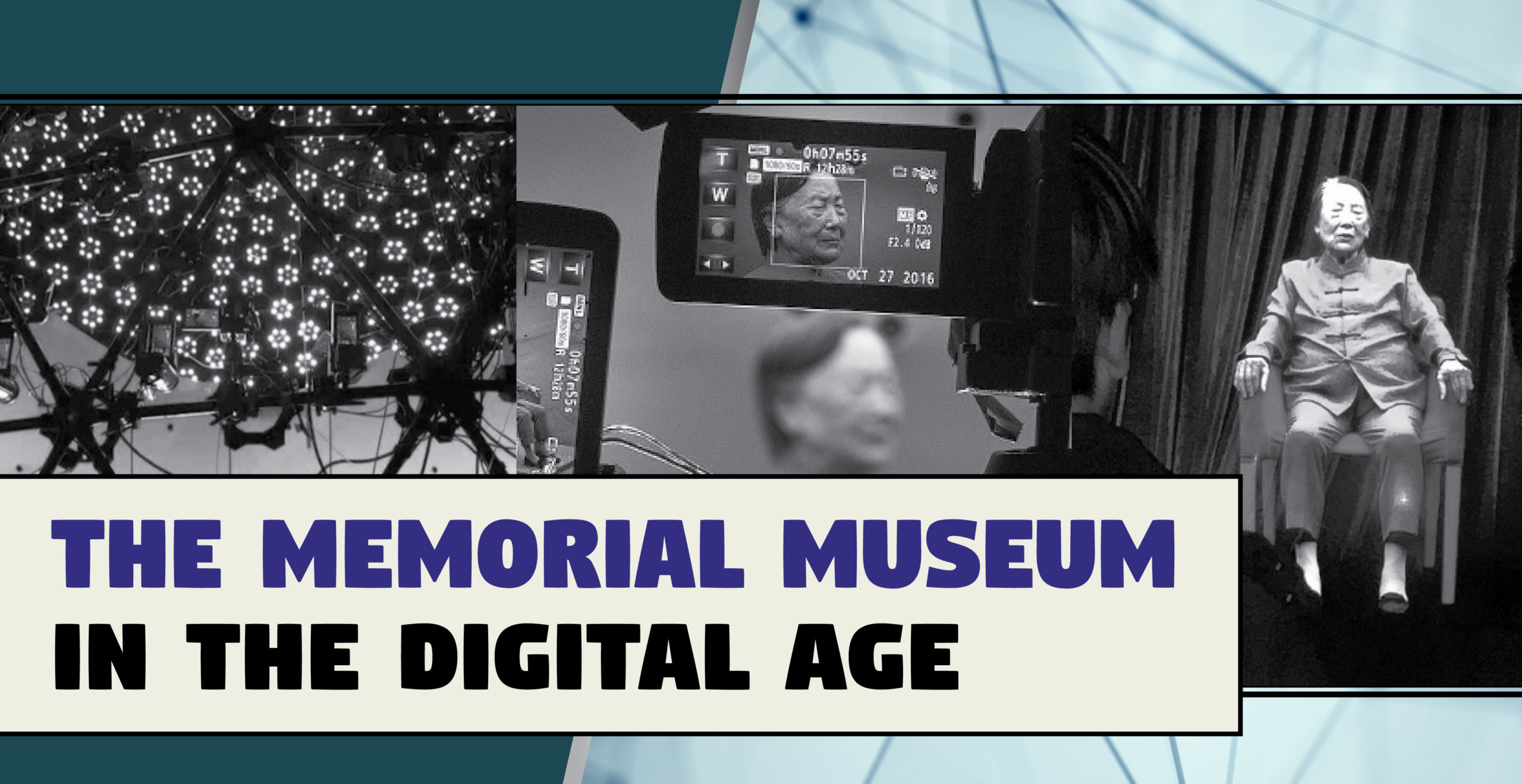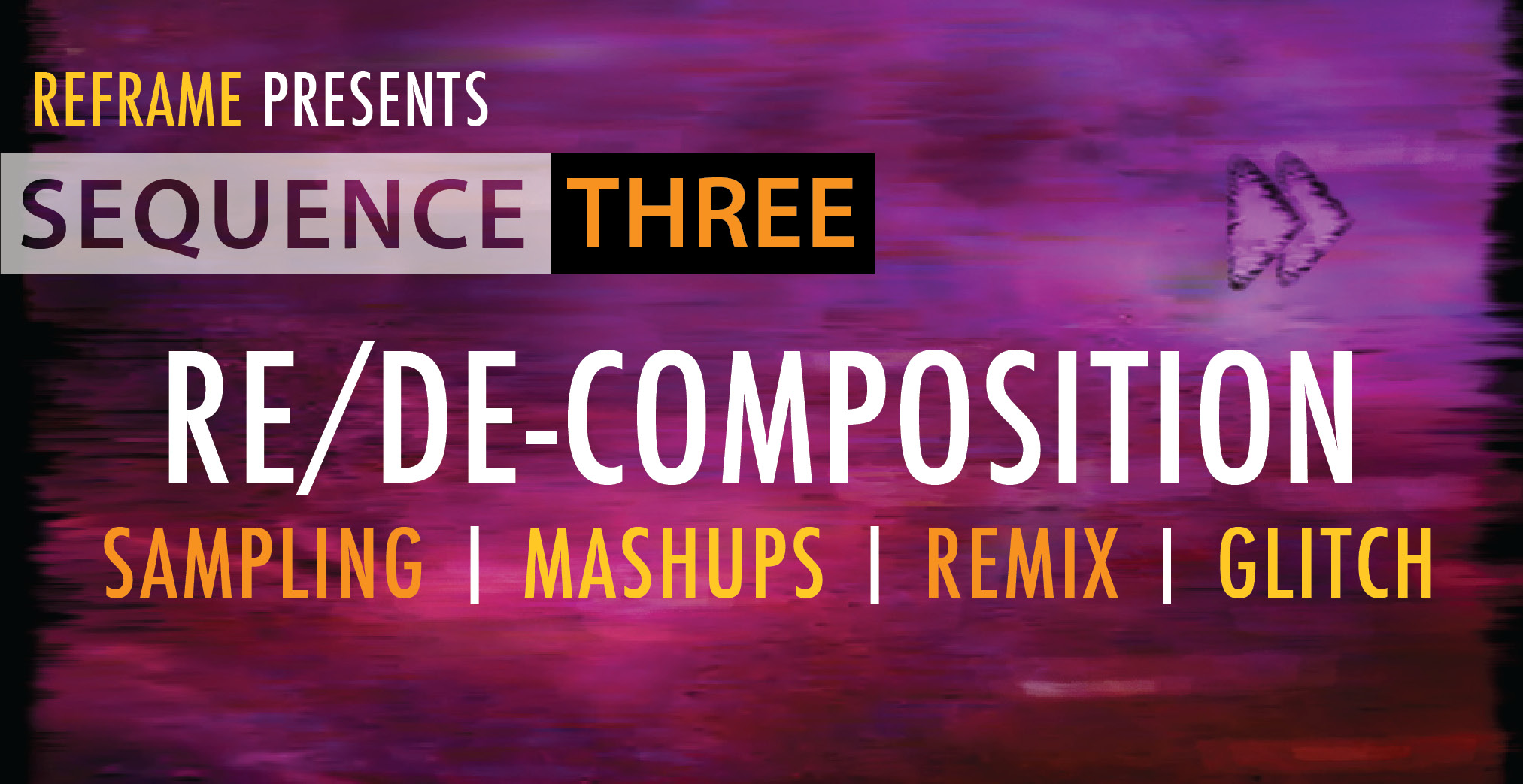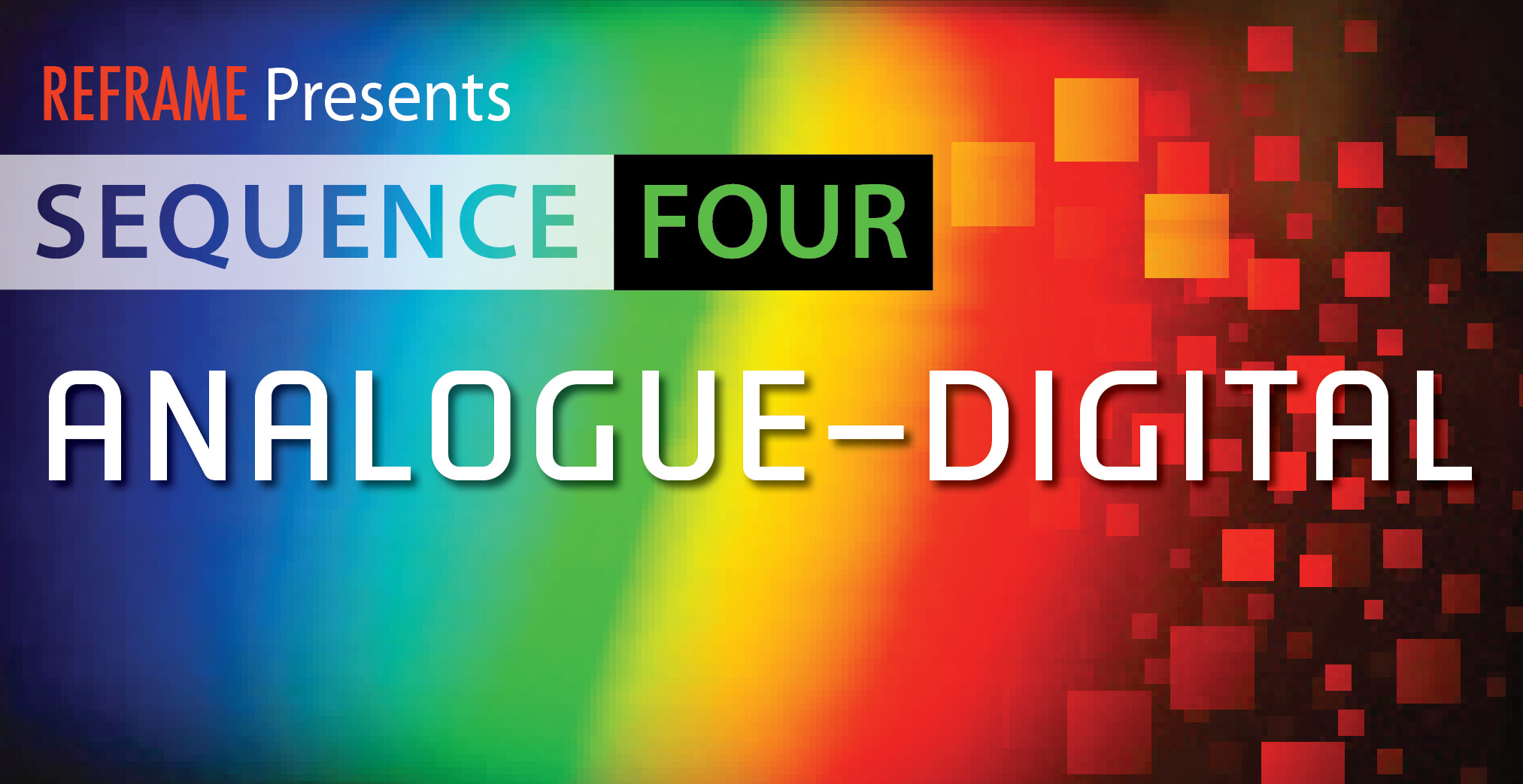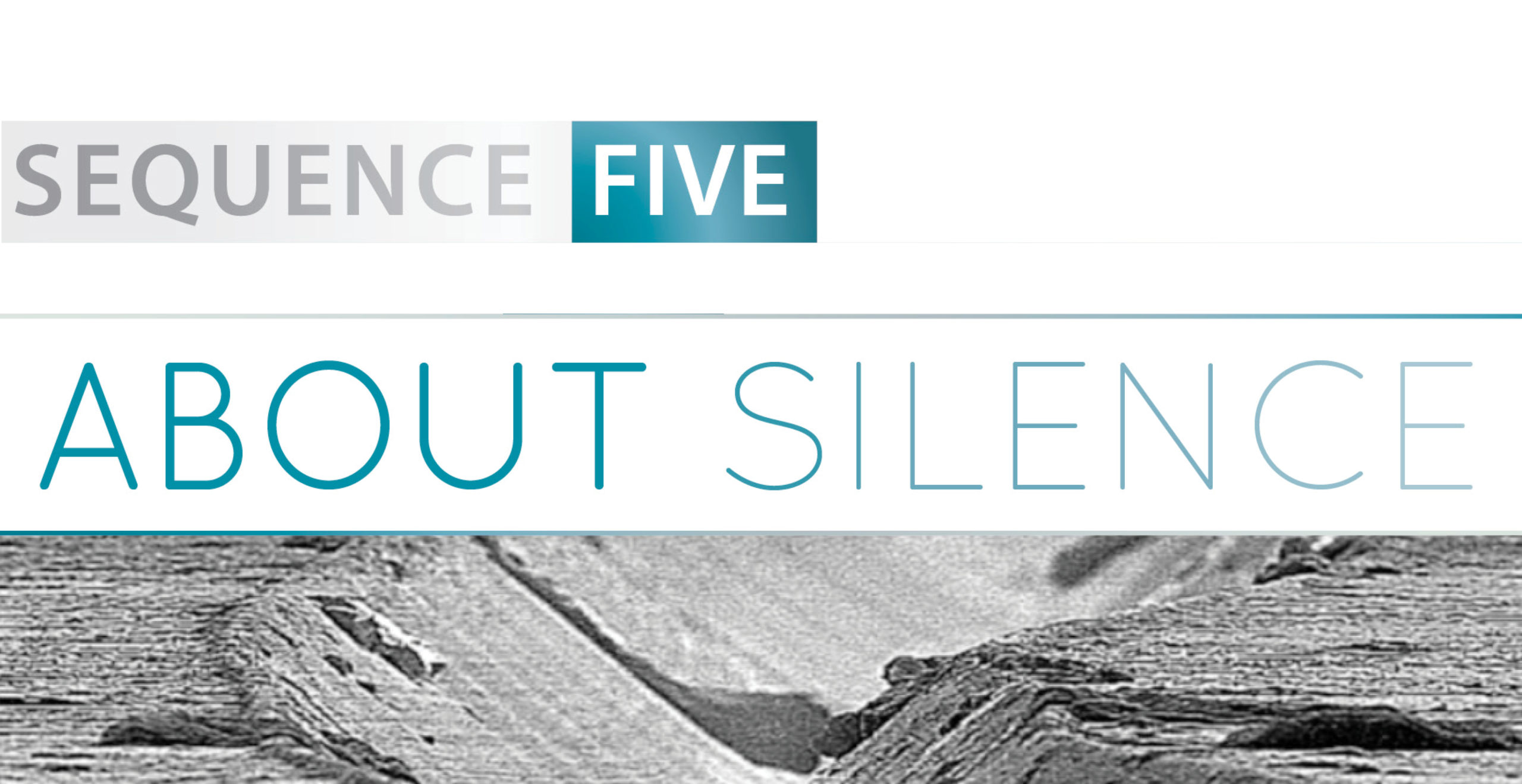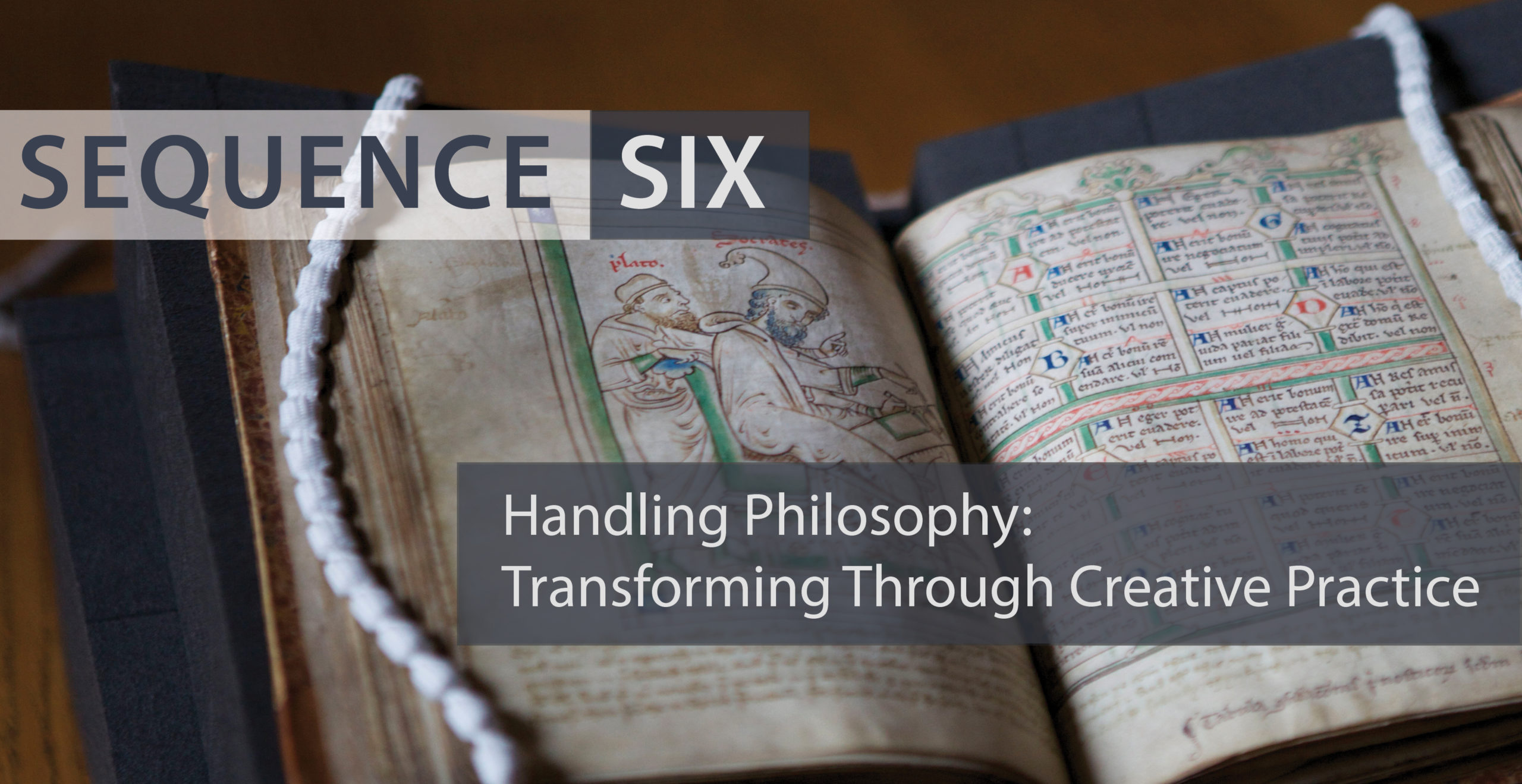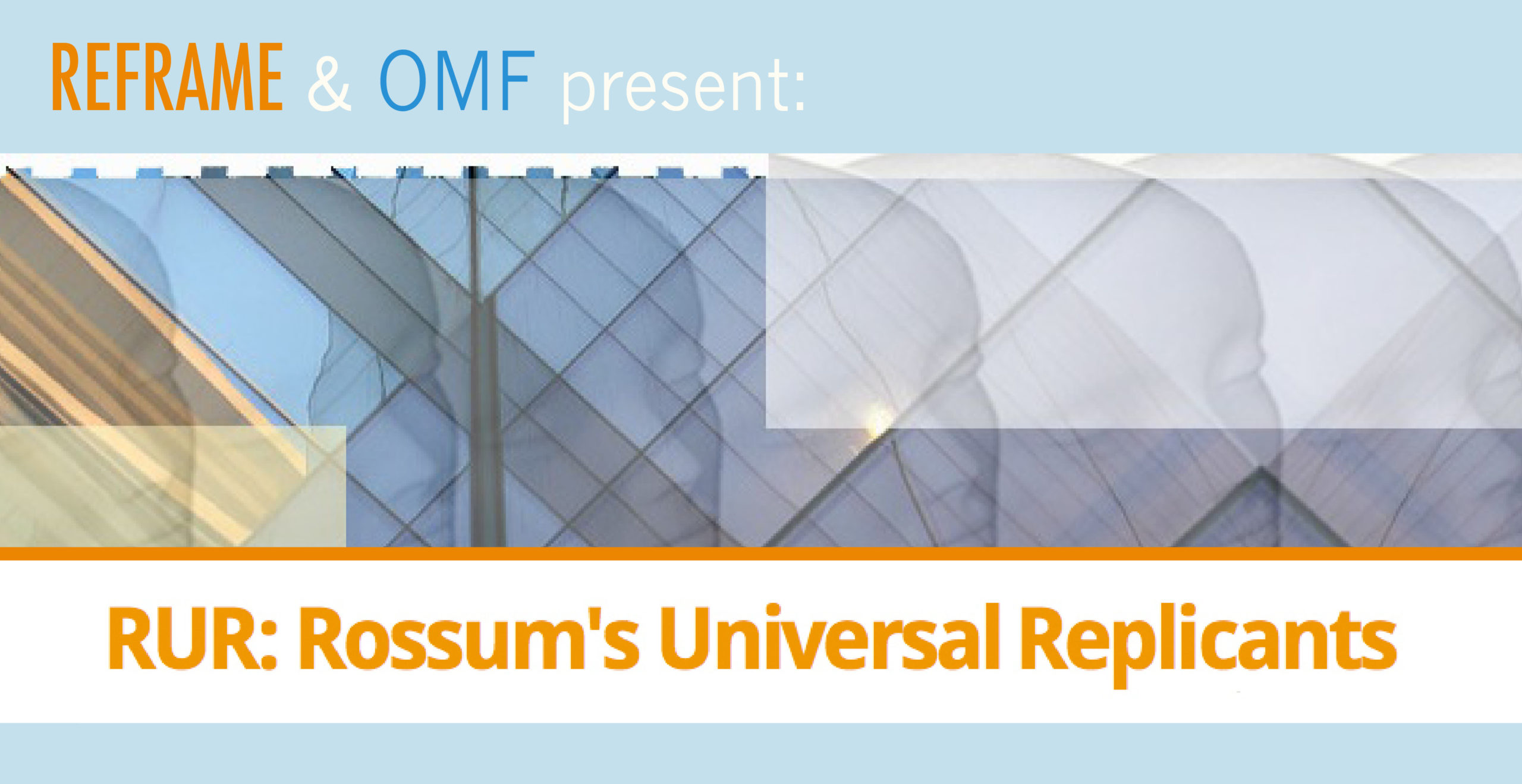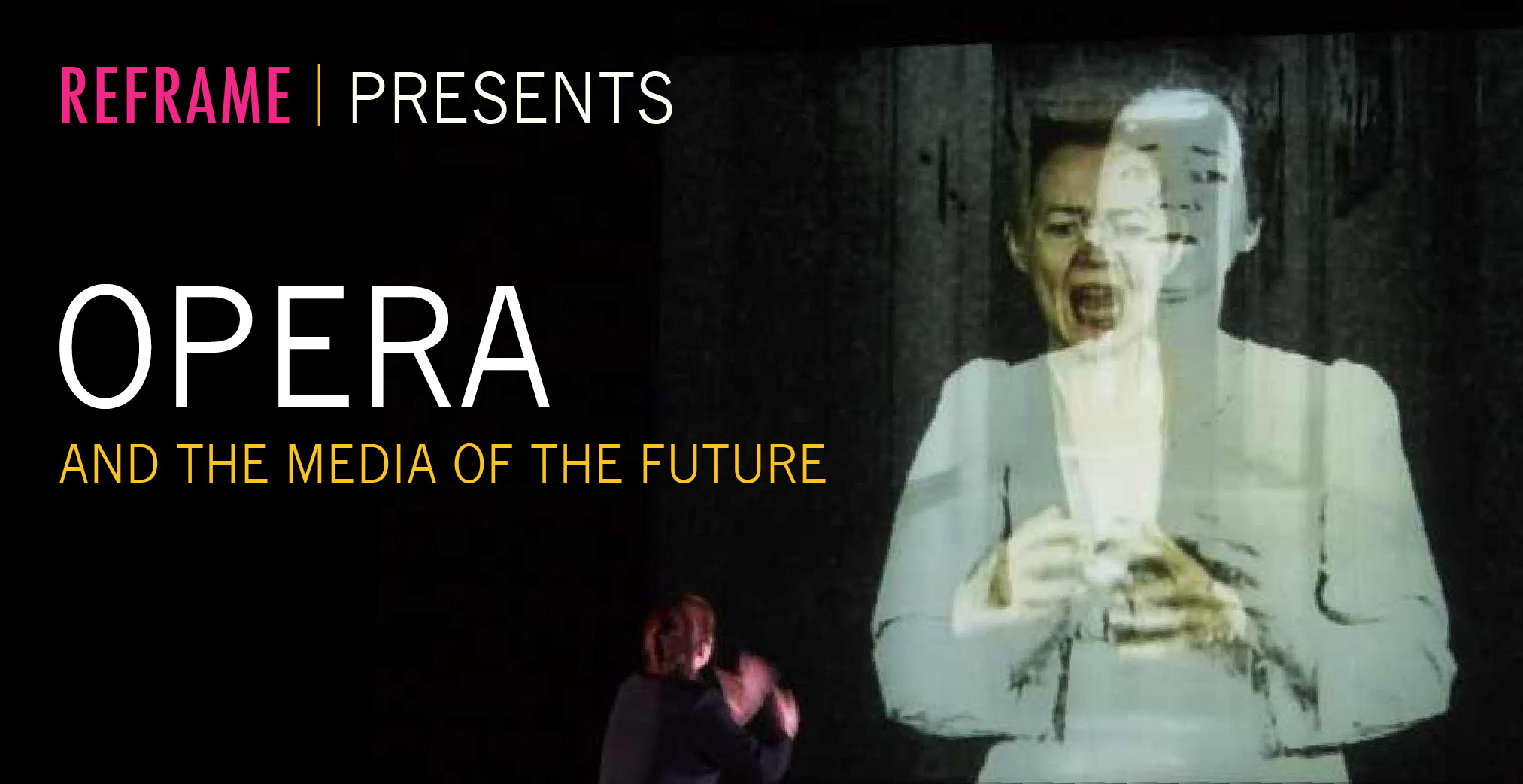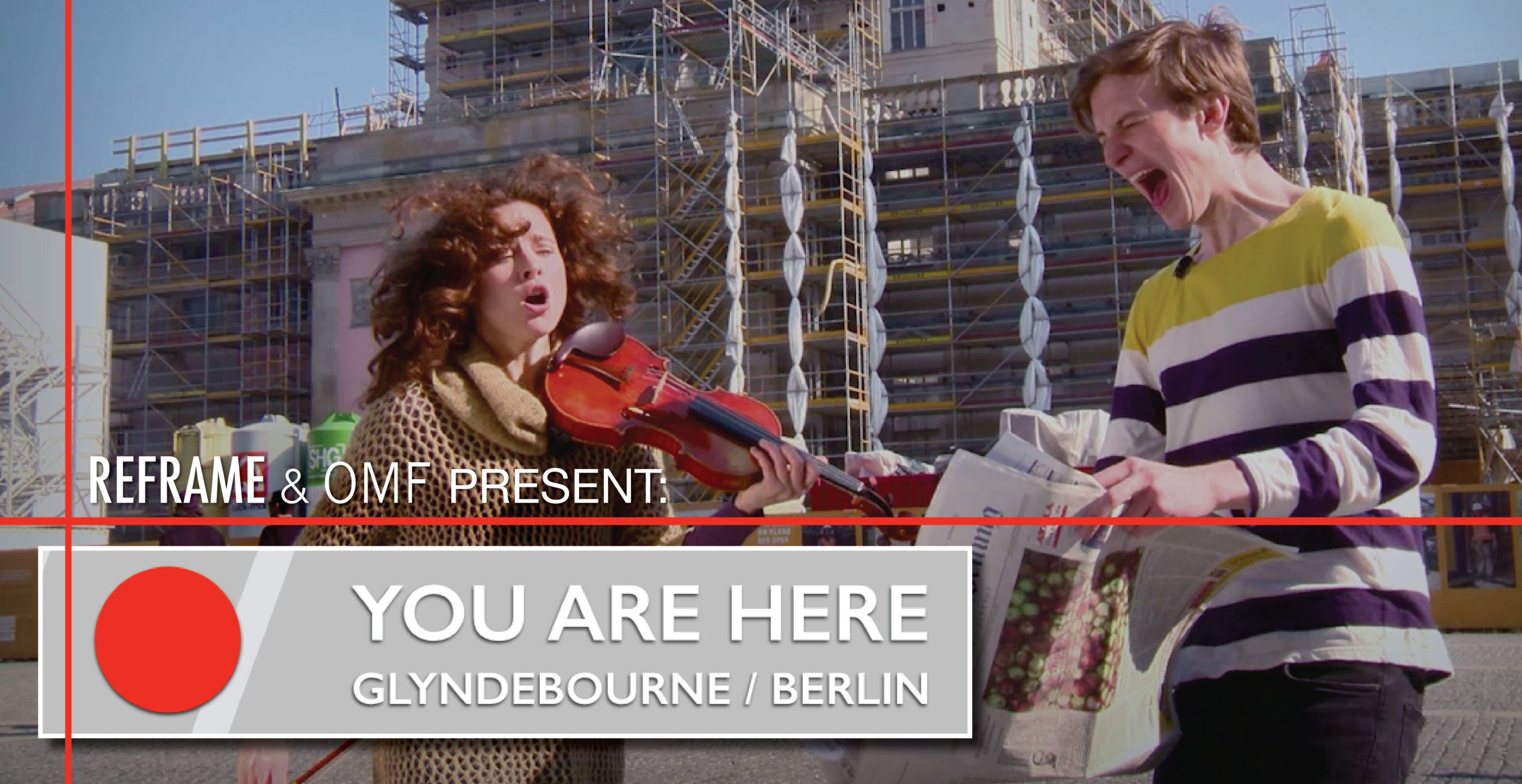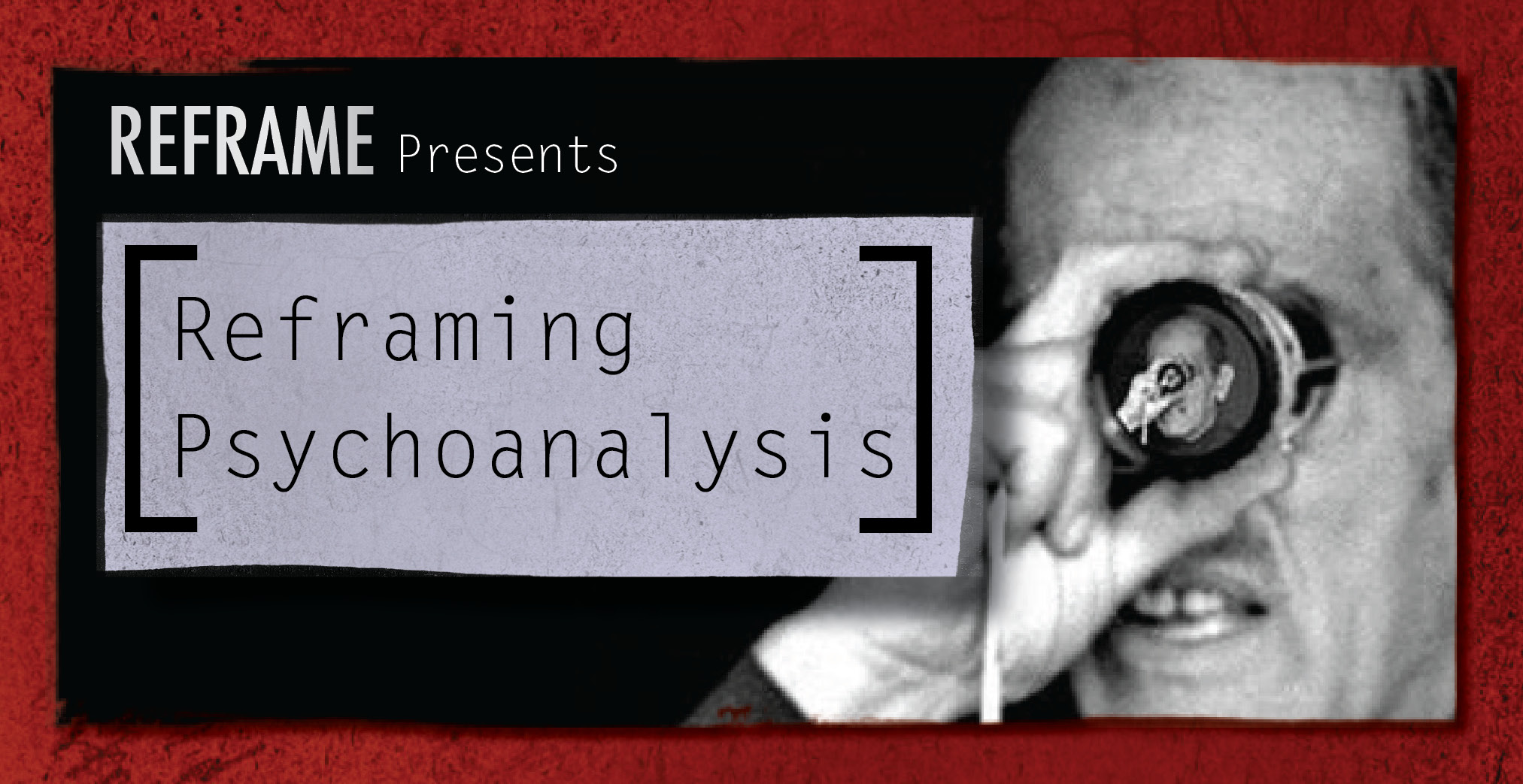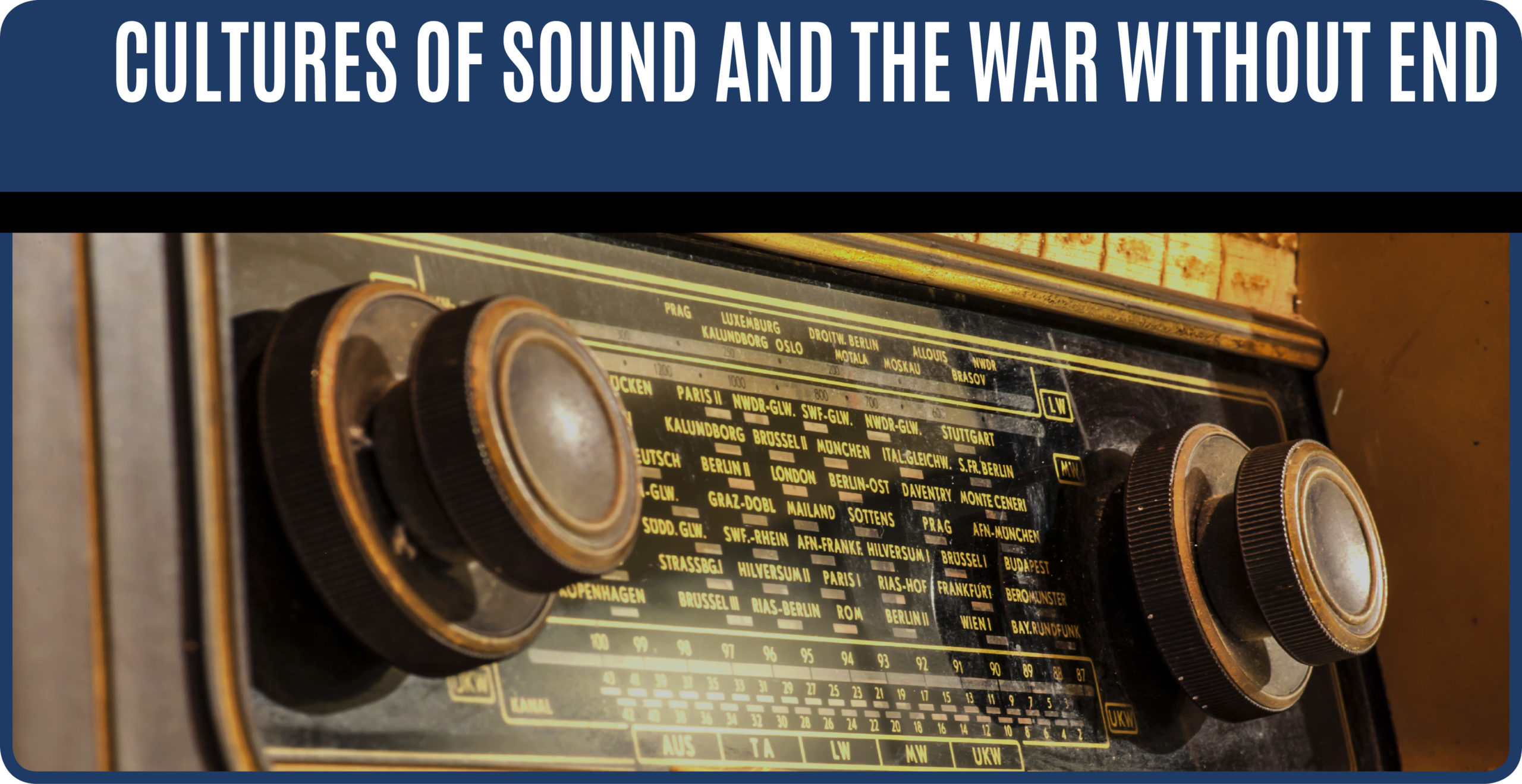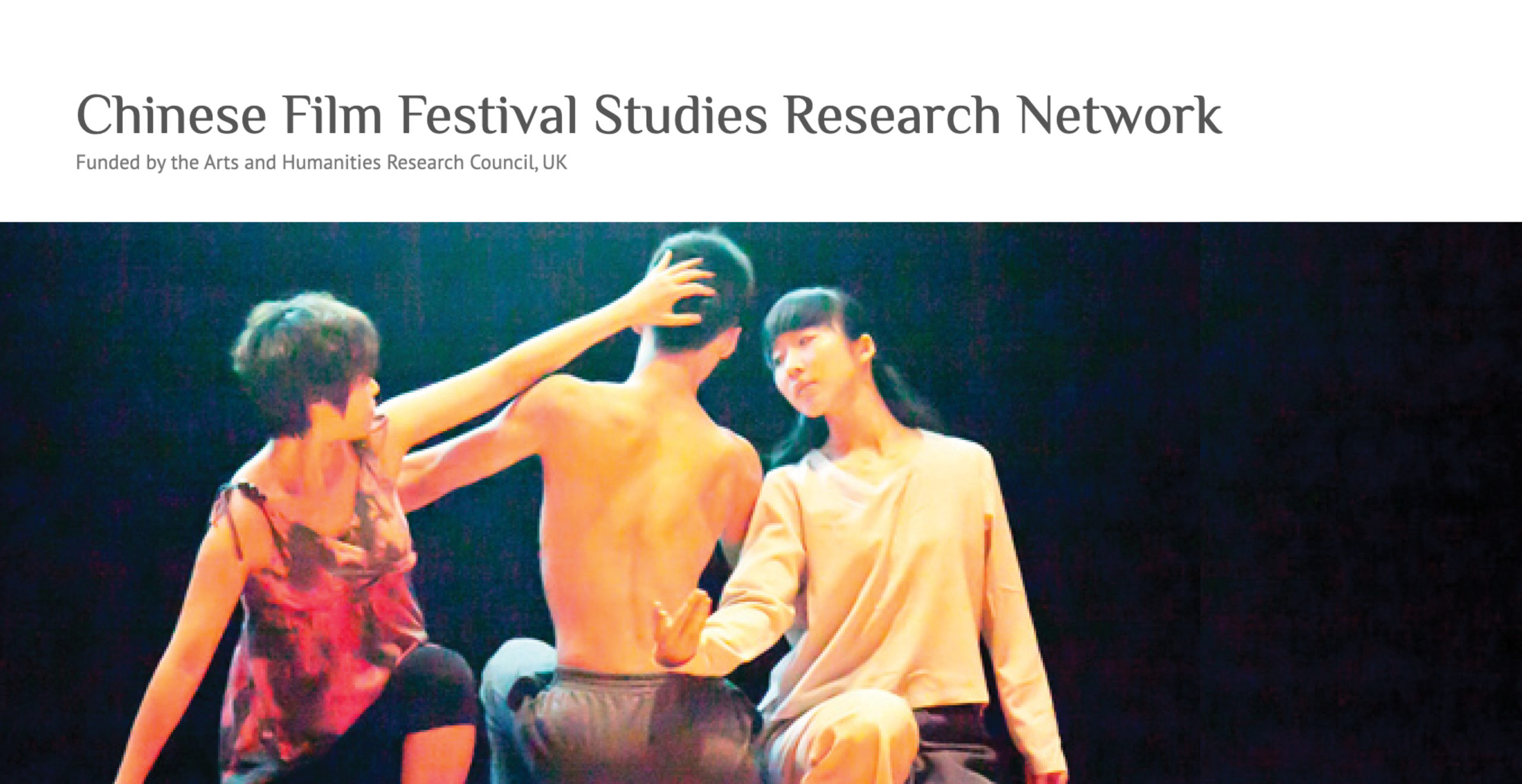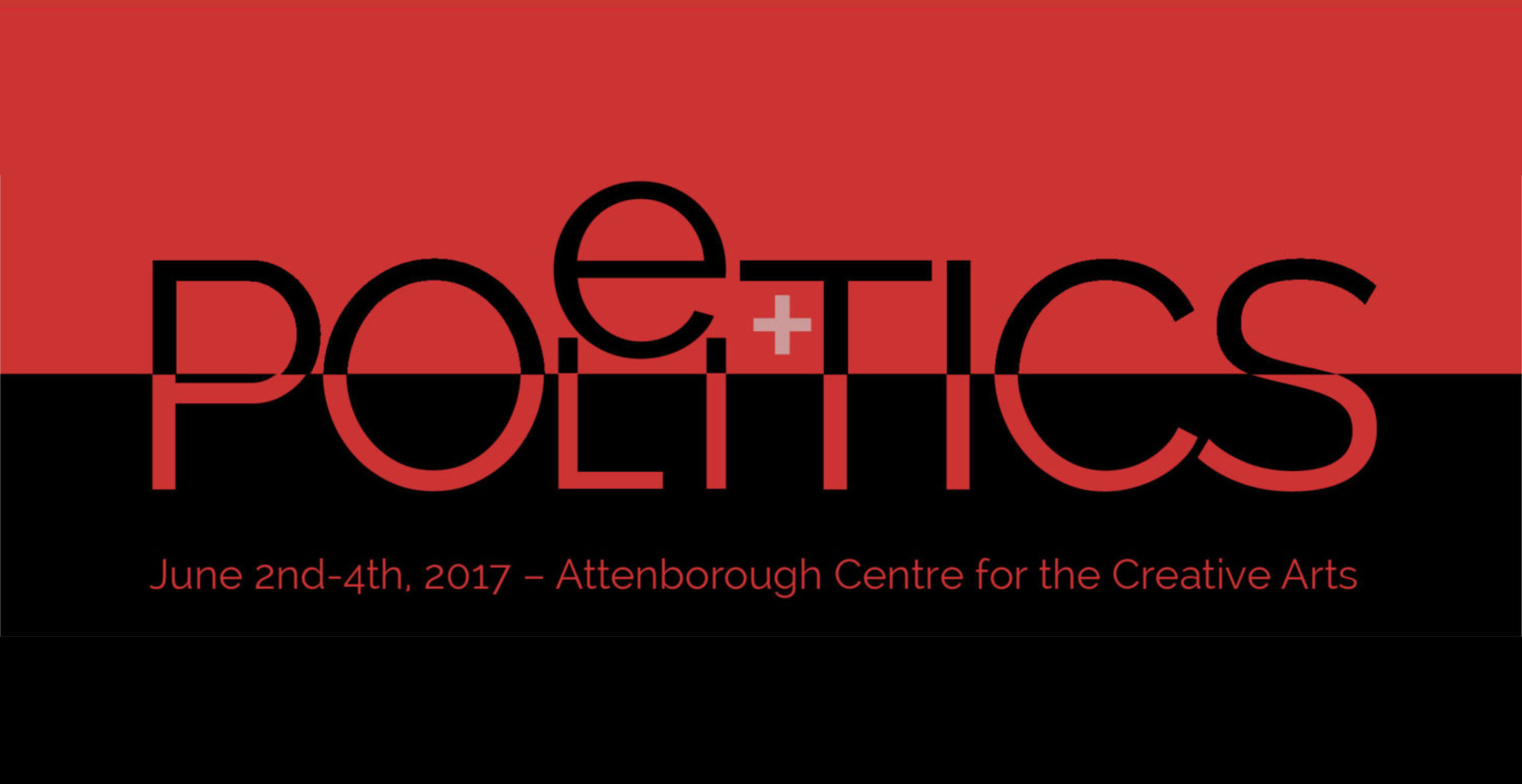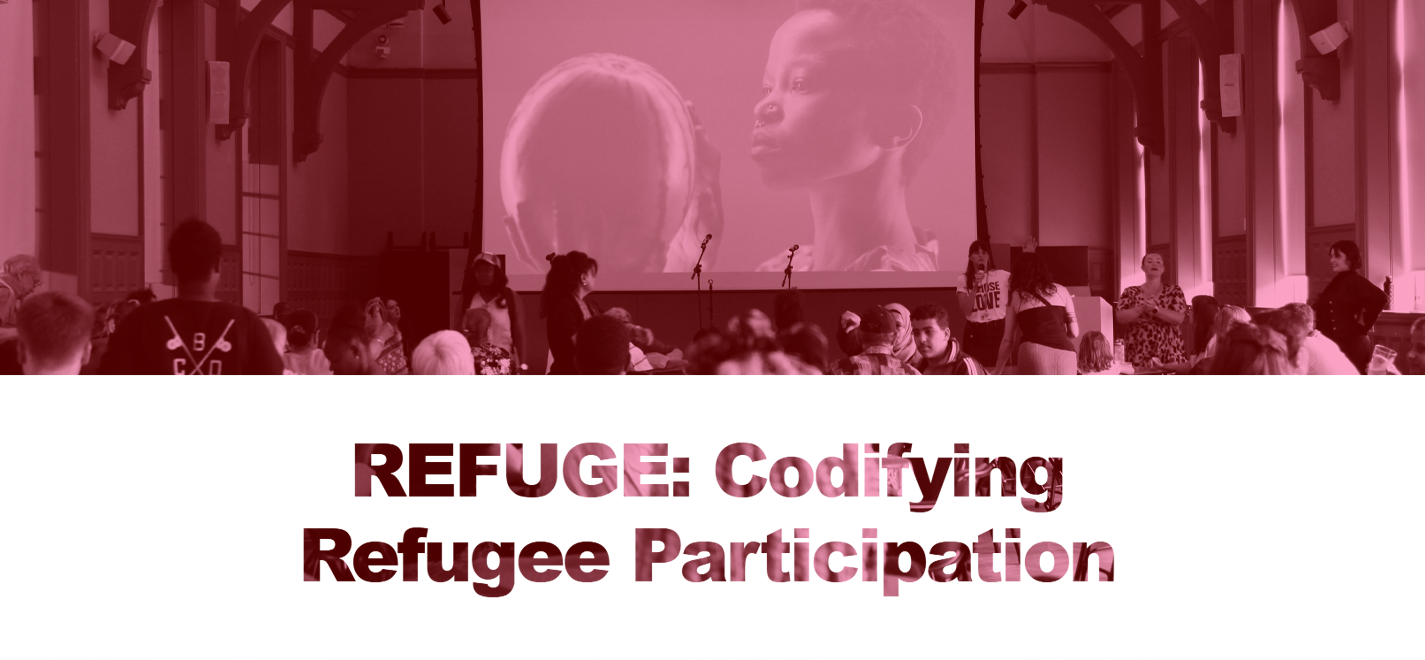Blogs
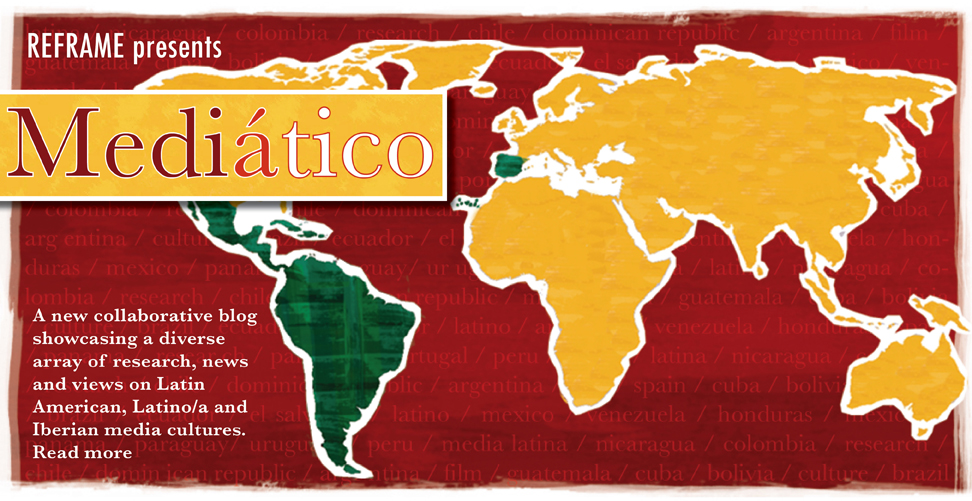
MEDIÁTICO
Mediático launched in February 2014, features studies of Latin(o/a/x) American, Spanish & Portuguese film/media cultures. The site offers timely reactions to new media works and current developments as well as analysis of past works, while also reflecting on larger issues in television, film, radio, music, the Internet, print and any other media, always with a Latin American or Latino/a focus.
Edited by Dolores Tierney & Catherine Grant
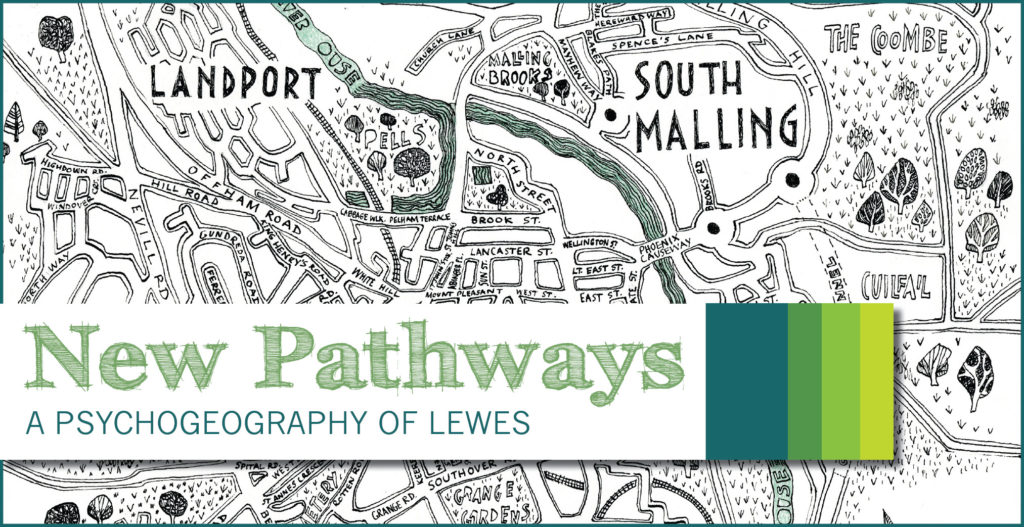
NEW PATHWAYS
NEW PATHWAYS: A PSYCHOGEOGRAPHY OF LEWES launched in October 2015
By Margaretta Jolly and Lyn Thomas
Travel writing, like all life writing, is useful, truthful and sometimes beautiful. But in 2015, the Centre for Life History and Life Writing Research at the University of Sussex jumped off track to enjoy the beauty of useless travelling and the art that can be made from it. We took to the town of Lewes for these micro-journeys, because Lewes is on our doorstep (the psychogeographer doesn’t need the exotic), because Lewes and its environs are dreamy, odd and old, if only faintly urban. While the town may be well known for its spectacular Bonfire Night revels (psychogeographical in their own way), we—researchers, writers, filmmakers, artists—got outside the guidebooks to play a little with the town, with truth and ourselves too.
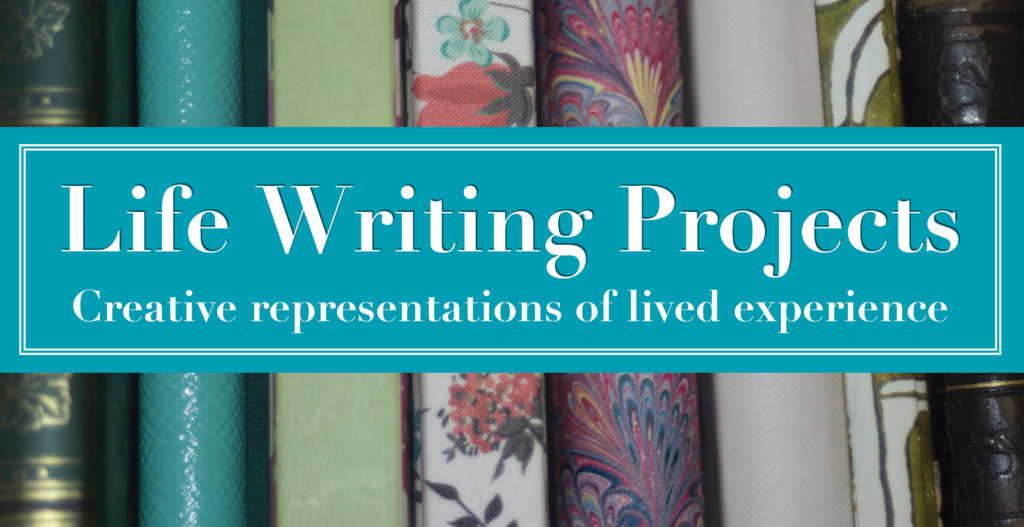
LIFE WRITING PROJECTS
Life Writing Projects website launched in September 2017, which is about creative representations of lived experience that set their own rules rather than following the conventions of genres such as memoir or biography. The projects selected for publication here all involve writing, but they may also explore the relationship between writing and photography, visual arts, film or video.
Edited by Lyn Thomas
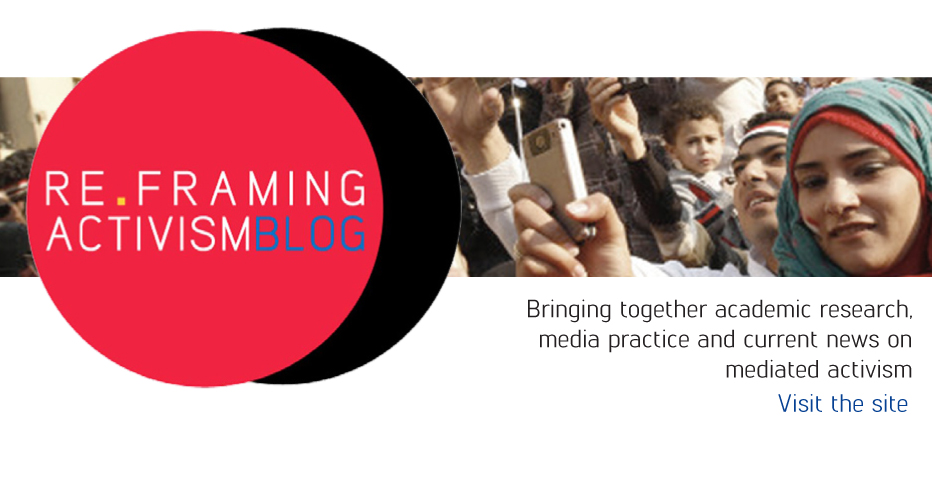
RE.FRAMING ACTIVISM
RE.FRAMING ACTIVISM launched in December 2012
RE.FRAMING ACTIVISM is an interdisciplinary, multimedia blog that brings together academic research, media practice and current news about mediated activism. We are interested in representing a broad range of activism including local, queer, grassroots, global and NGO forms. The blog aims to reach an international audience of academics, researchers, activists and others interested in these topics.
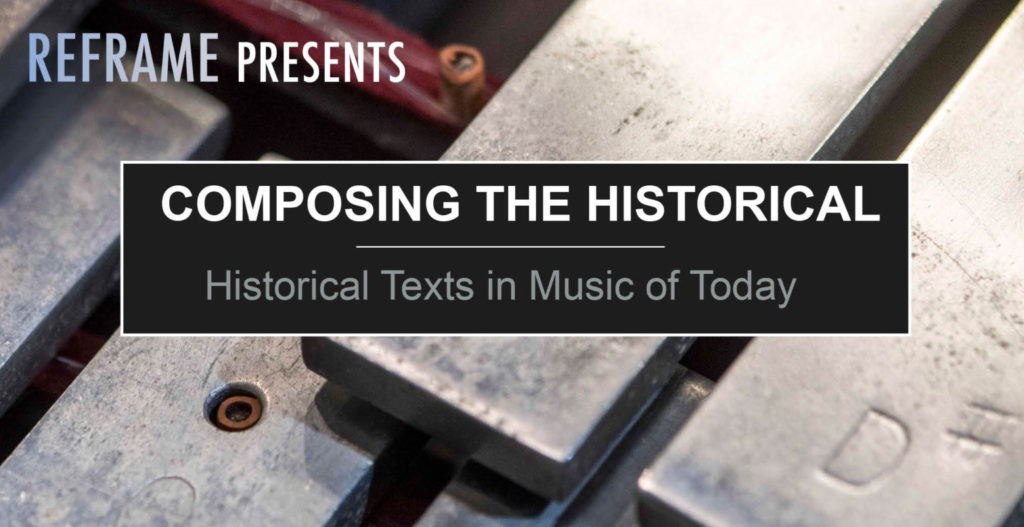
COMPOSING THE HISTORICAL
Composing The Historical, website featuring interviews from nine composers exploring how their work engages with pre-existing texts. Launched November 2020.
Historical texts in music of today
Through interviews with a number of composers doing significant work in the field, this project asks: how are elements of the historical voiced in contemporary composition?
Composing the Historical is a REFRAME project, devised, curated and edited by Ed Hughes, Mimi Haddon and Evelyn Ficarra.
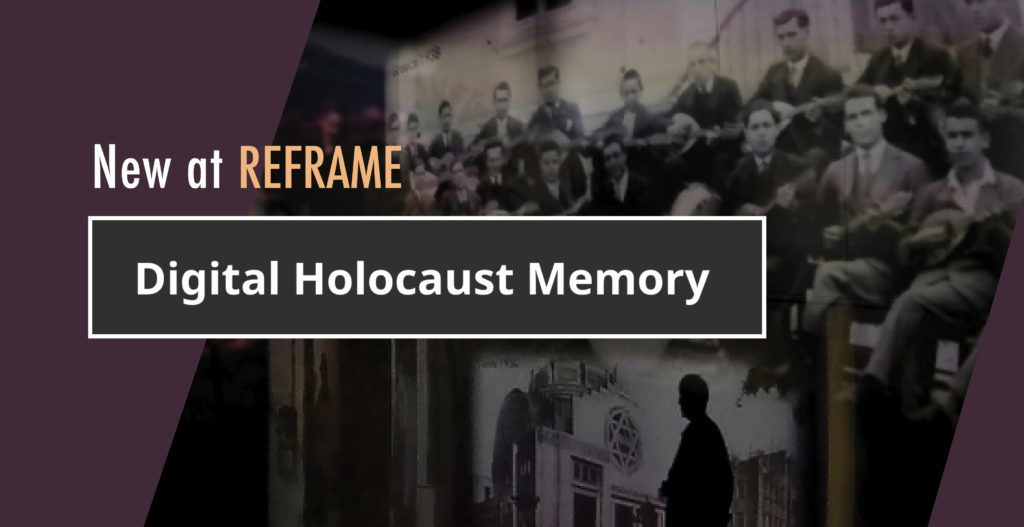
DIGITAL HOLOCAUST MEMORY
Digital Holocaust Memory, project that explores the opportunities and challenges that ‘the digital’ brings to Holocaust memory. Relaunched as a REFRAME project March 2021.
The digital brings great opportunities to Holocaust memory, but also particular challenges as we move from an era dominated by face-to-face survivor testimony to what James Young has defined as an age characterised by mediated memory. As digital culture evolves as increasingly participatory networks, how do memory institutions find their place in this ever-expanding space?
Created and Edited by Victoria Walden
STATES OF CULTURAL ANALYSIS
STATES OF CULTURAL ANALYSIS is a pubic intervention from Sussex Centre for Cultural Studies is a website that showcases innovative approaches to culture and cultural analysis and asserts the ongoing urgency of such work. Stemming from the need to redefine cultural studies tools and approaches for the challenges of the contemporary moment, the ultimate aim of the website is to provide a home and archive for the most innovative approaches to cultural analysis and cultural studies, and therein contribute to the ongoing renewal and vitality of the discipline. Read more here: https://reframe.sussex.ac.uk/statesofculturalanalysis/
Audiovisual
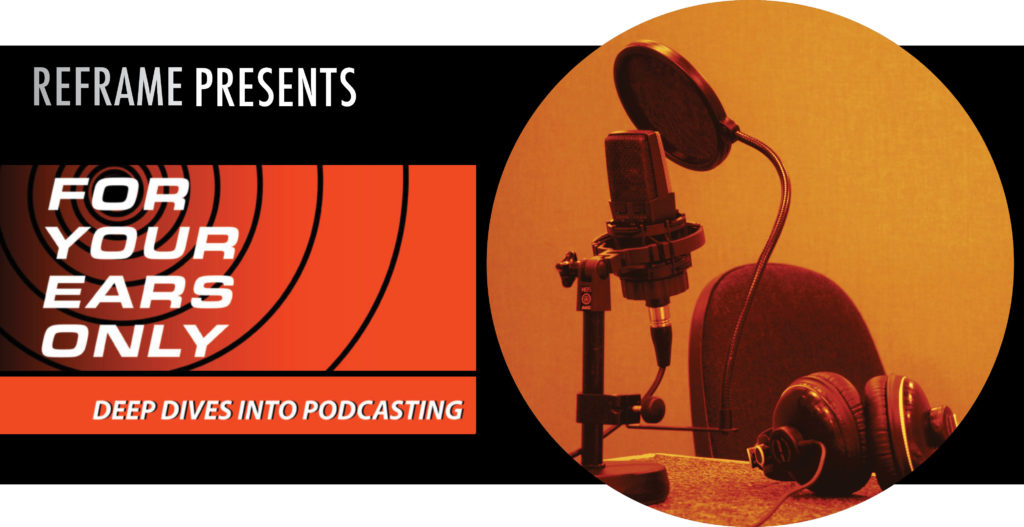
FOR YOUR EARS ONLY
For Your Ears Only website and podcast series launched in January 2019. It is an audio series of eight installments that explores the distinctiveness of podcasting and its creative, literary and social potential. Through interviews with the producers and executives, close listenings, and discussion, FYEO offers a fresh language for approaching the innovation and dynamism of podcasting.
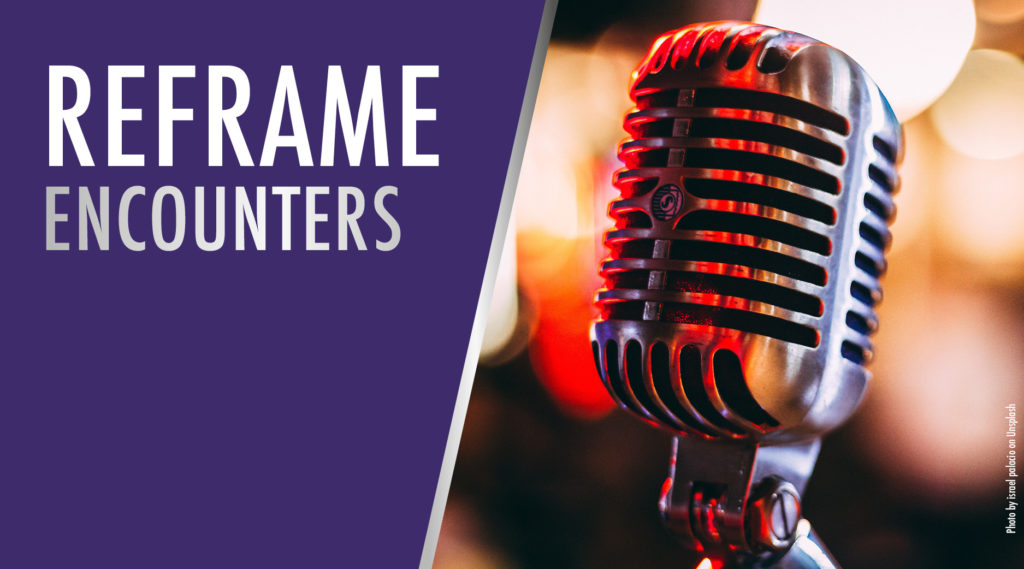
REFRAME ENCOUNTERS
REFRAME Encounters is a video series that showcases diverse, current and ongoing projects from researchers in the School of Media, Arts and Humanities at the University of Sussex (formerly faculty of Sussex’s School of Media, Film and Music).
Directed and edited by Catalina Balan, and produced by Lizzie Thynne and Mel Friend
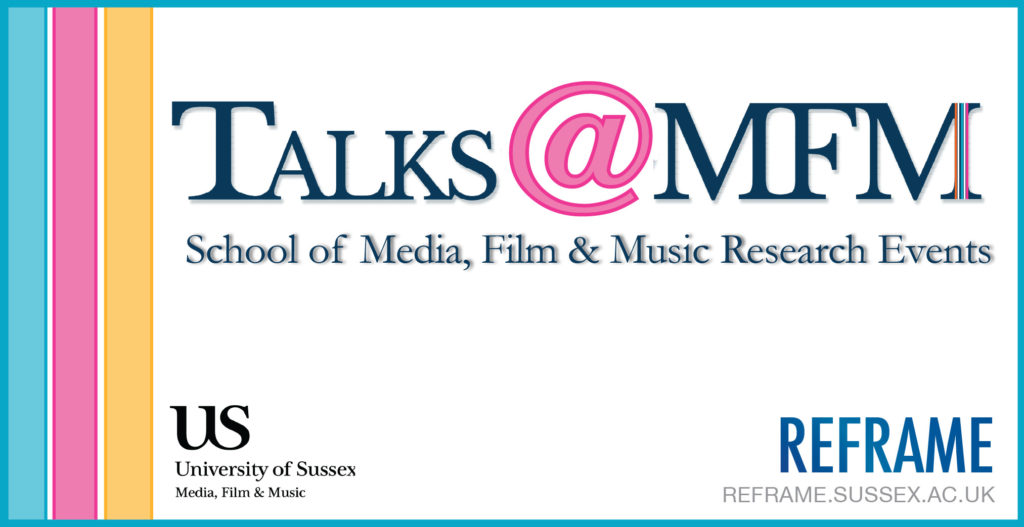
TALKS@MFM
TALKS@MFM launched in November 2015, video and audio recordings of research presentations and masterclasses held at the School of Media, Film and Music, University of Sussex. See also the YouTube channel here.
Video production by Catalina Balan
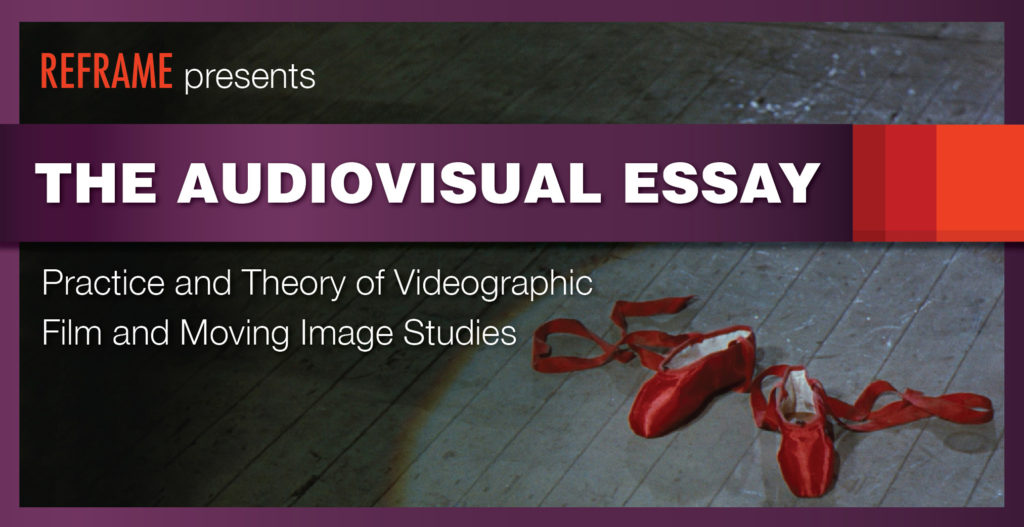
THE AUDIOVISUAL ESSAY
THE AUDIOVISUAL ESSAY: Practice and Theory in Videographic Film and Moving Image Studies launched in September 2014.
This REFRAME website serves four main functions, currently:
As an online repository for the papers, discussions and screening programme of an international conference and workshop on The Audiovisual Essay: Practice and Theory, organised by Adrian Martin and Cristina Álvarez López (supported by and Vinzenz Hediger of Goethe University, Frankfurt, Germany). These events took place in November 2013 at the Deutsches Filmmuseum – Deutsches Filminstitut, in Frankfurt in partnership with Film and Audiovisual Media at Goethe University. The section of the website where these materials can be accessed — titled The Frankfurt Papers (co-edited by Cristina Álvarez López, Catherine Grant and Adrian Martin) — can be found here.
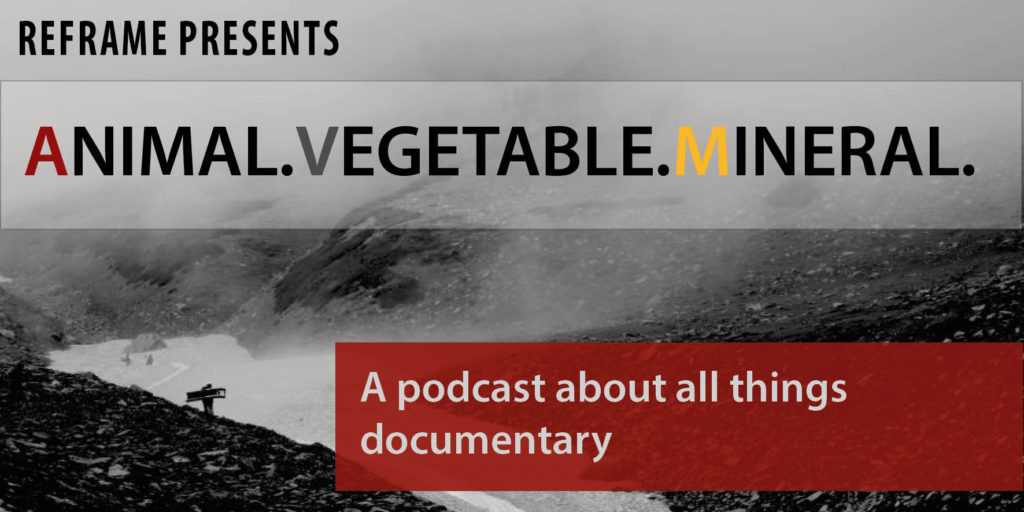
ANIMAL VEGETABLE MINERAL
Animal, Vegetable, Mineral: A Podcast About All Things Documentary is a series of four audio episodes, co-hosted by Alisa Lebow and Samuael Topiary Landberg that delve into some of the current themes and debates in the field of documentary studies. We offer this series as a tool for research at all levels—a living breathing scholarship that brings makers and scholars together to discuss ideas, trends, and creative approaches to nonfiction filmmaking from across the globe.
Books
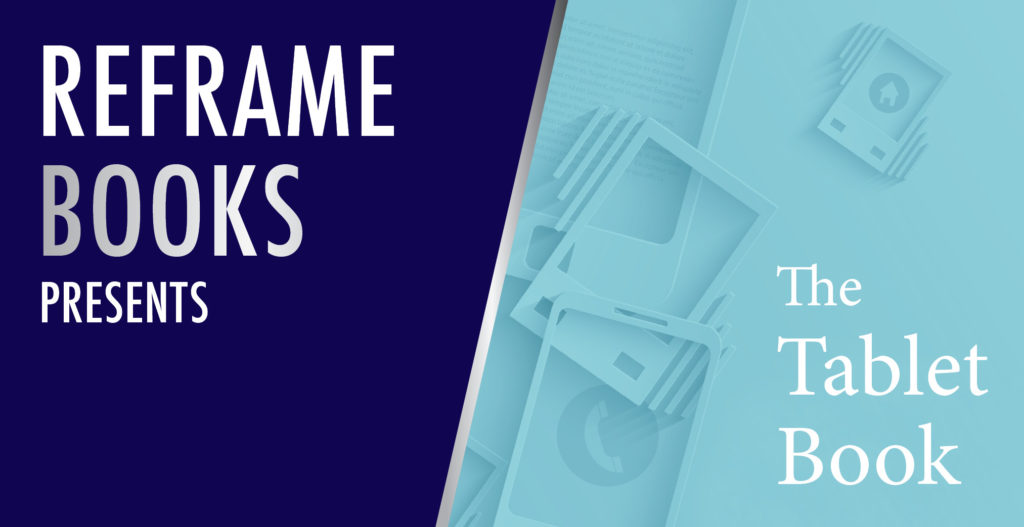
THE TABLET BOOK
Falmer: REFRAME Books, 2015. 231 p.
ISBN 978-0-9931996-1-5 (PDF)
Edited by Caroline Bassett, Ryan Burns, Russell Glasson and Kate O’Riordan
In 2013, 43% of the US population and 30% of the UK population owned a tablet of some kind. At the same time, marketing reports indicated that tablets would take over from desktop computers and laptops. Multiple reports in the technology press used the tag line ‘the year of the tablet’.
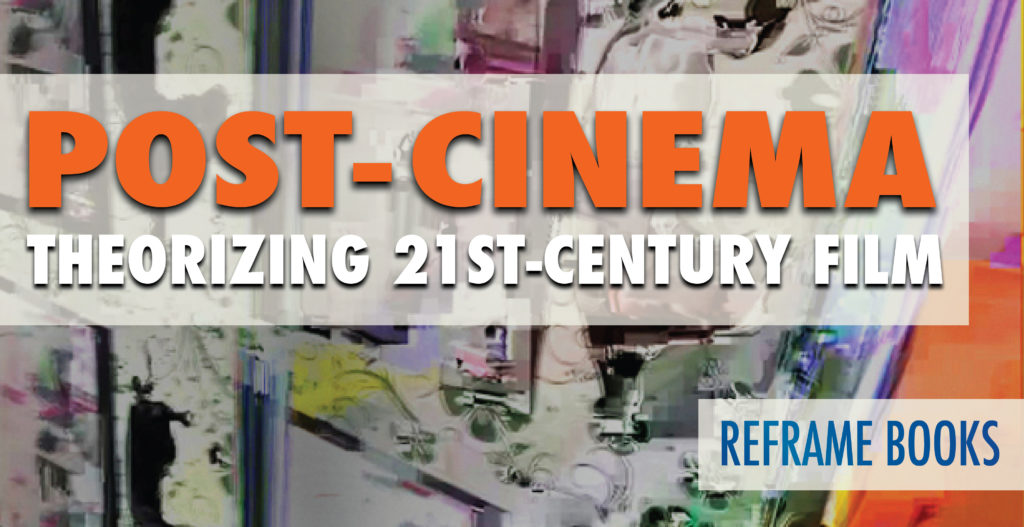
POST-CINEMA: THEORIZING 21st-CENTURY FILM
Post-Cinema: Theorizing 21st-Century Film
Falmer: REFRAME Books, 2016.
ISBNs:
978-0-9931996-2-2 (online);
978-0-9931996-3-9 (PDF).
Edited by Shane Denson and Julia Leyda
If cinema and television, as the dominant media of the 20th century, shaped and reflected our cultural sensibilities, how do new digital media in the 21st century help to shape and reflect new forms of sensibility?
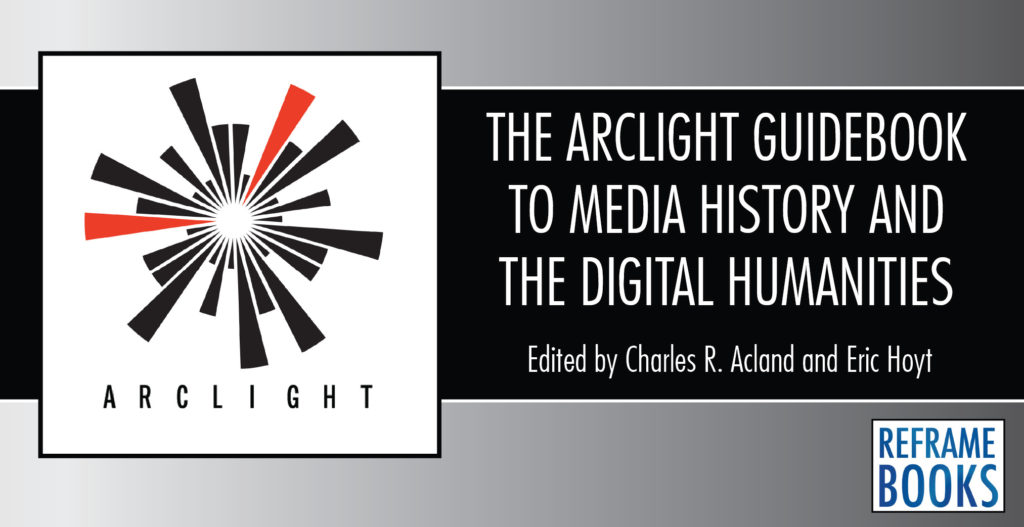
THE ARCLIGHT GUIDEBOOK TO MEDIA HISTORY AND THE DIGITAL HUMANITIES
The Arclight Guidebook to Media History and the Digital Humanities
Falmer: REFRAME Books, 2016.
ISBNs:
978-0-9931996-6-0 (ePub);
978-0-9931996-7-7 (PDF).
Edited by Charles R. Acland and Eric Hoyt
From the tremendous video libraries of YouTube and the Internet Archive to the text collections of the HathiTrust and the Media History Digital Library, media historians today confront the challenge of engaging with an abundance of cultural works that have been transformed into data. What new skills, competencies, and tools do media historians and scholars need in an era of digital research?
The Arclight Guidebook to Media History and the Digital Humanities seeks to answer this question—and raise many more—by examining what media historians are doing right now with digital tools and methods.
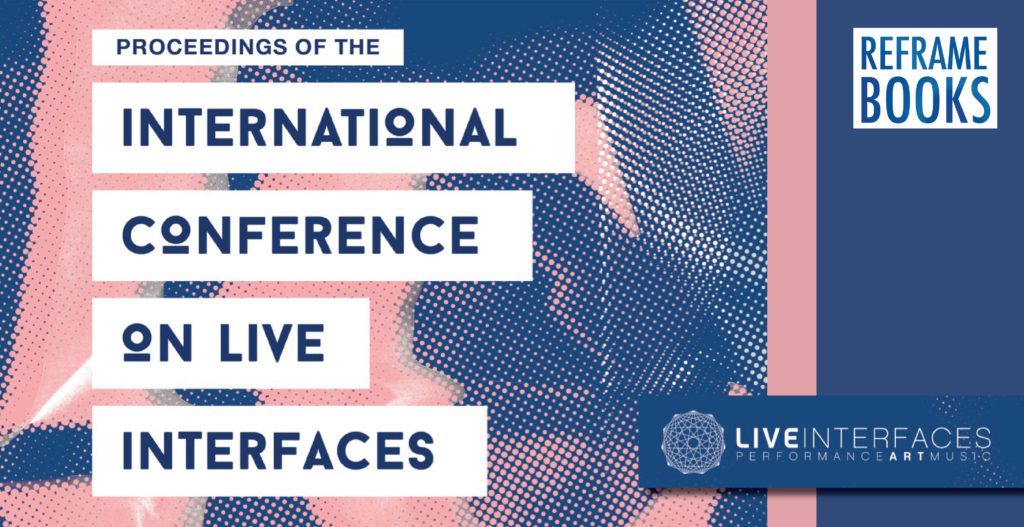
THE INTERNATIONAL CONFERENCE ON LIVE INTERFACES: PROCEEDINGS
Proceedings of the 2016 International Conference on Live Interfaces
Published by the Experimental Music Technologies (EMuTe) Lab, University of Sussex, in collaboration with REFRAME Books, Falmer, UK.
ISBN: 978-0-9931996-8-4 (PDF)
Edited by Thor Magnusson, Chris Kiefer and Sam Duffy
The proceedings of the Live Interfaces conference (http://thormagnusson.github.io/liveinterfaces/) are the outcome of a five-day gathering at the University of Sussex’s Attenborough Centre for the Creative Arts in June 2016. The biennial ICLI conference is interdisciplinary and practice-based, unique in that it focuses on the role of performance interfaces across all of the performing arts. This year it became clear that ICLI has become an established platform for people operating in diverse sections of the arts to meet and discuss the embodied use of technology in live performance. With a focus on practice, the conference emphasised the role of performances, workshops and installations as well as papers and posters.
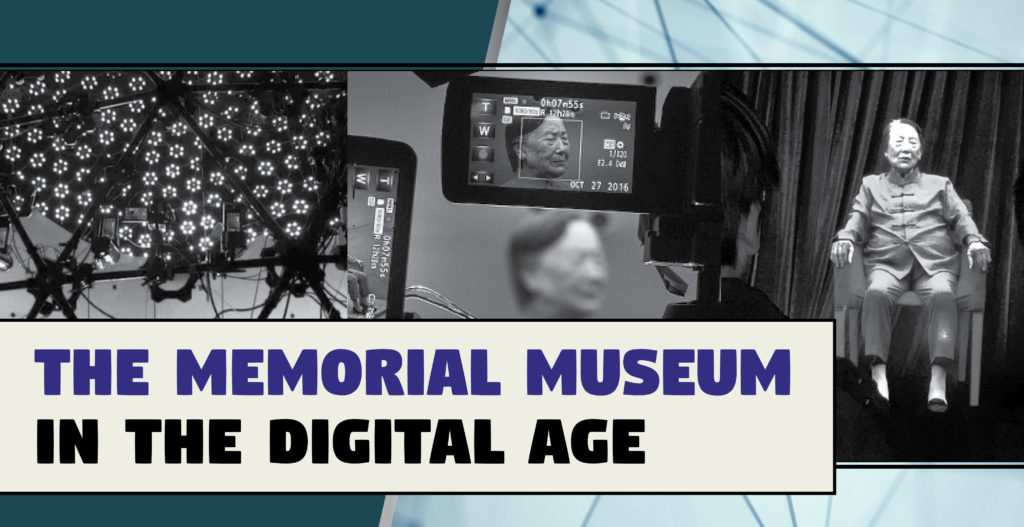
The Memorial Museum in the Digital Age
Edited by Victoria Grace Walden
ISBN: 978-1-7395820-0-5 (PDF). Falmer: REFRAME Books, 2022.
The Memorial Museum in the Digital Age is the first comprehensive review of thinking and practice related to the effects and affects of the digital for memorial museums.
[Read more].
SEQUENCE Journal
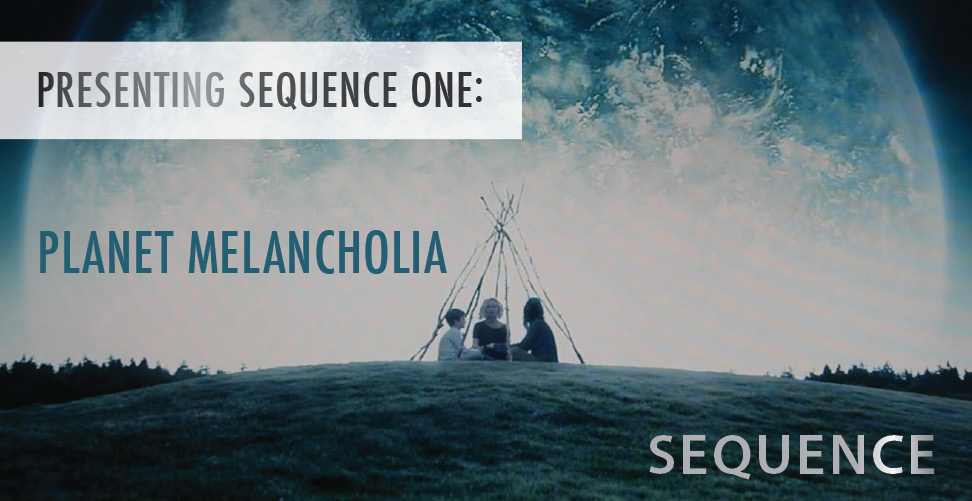
SEQUENCE One
SEQUENCE One: Planet Melancholia is the first issue, or instalment, of SEQUENCE: Serial Studies in Media, Film and Music, an experimental, peer-reviewed, sequential edited-collection format. Each new scholarly SEQUENCE begins with the publication of one valuable contribution to research in the fields of media, film or music on a particular theme named in the issue title. But we, as editors, don’t necessarily know what the next in the series will be, or when exactly it will come. Each SEQUENCE could, theoretically, turn out to be ‘infinite’, or only as worthwhile as the first, self-contained contribution – a hopefully interesting and worthy, if possibly melancholic, monograph.
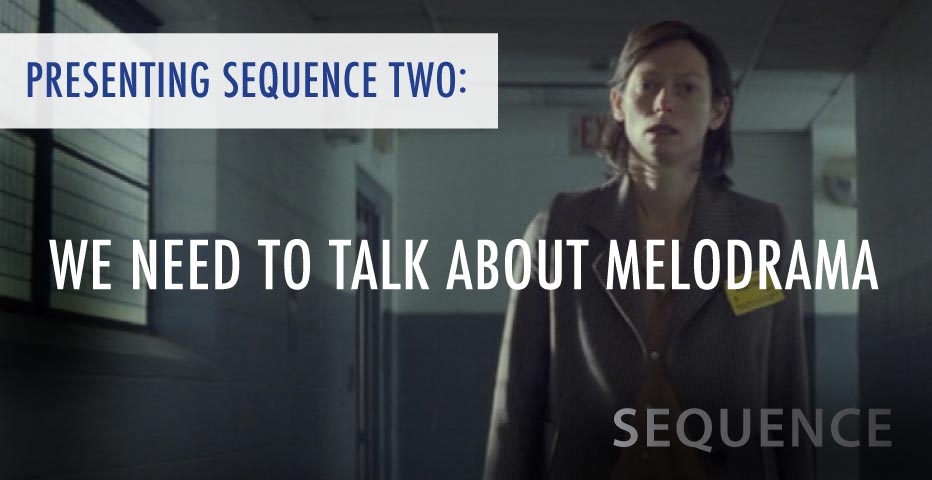
SEQUENCE Two
SEQUENCE Two: We Need to Talk about Maternal Melodrama is the second issue of SEQUENCE: Serial Studies in Media, Film and Music, an experimental, peer-reviewed, sequential edited-collection format. Each new scholarly SEQUENCE begins with the publication of one valuable contribution to research in the fields of media, film or music on a particular theme named in the issue title. But individual issue editors don’t necessarily know what the next in the series will be, or when exactly it will come. Each SEQUENCE could, theoretically, turn out to be ‘infinite’, or only as worthwhile as the first, self-contained, and hopefully interesting and worthy, contribution.
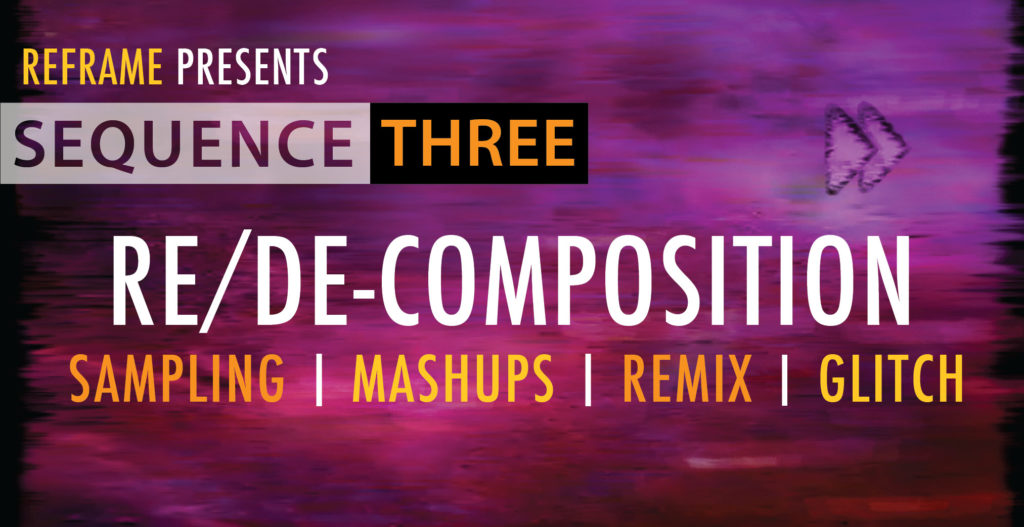
SEQUENCE Three
SEQUENCE Three: Re/De-Composition: Sampling, Mashups, Remix, Glitch (2015-present), the third issue of SEQUENCE: Serial Studies in Media, Film and Music, REFRAME‘s experimental, peer-reviewed, and sequential edited-collection format.
SEQUENCE Three: Re/De-Composition: Sampling, Mashups, Remix, Glitch offers its readers, and potential interlocutors, space for reflection on the many forms and techniques of recombinatory media and culture. The inaugural contribution to this issue, and to this topic, is by Albertine Fox, a specialist in the later works of that most incorporative of filmmakers, Jean-Luc Godard.
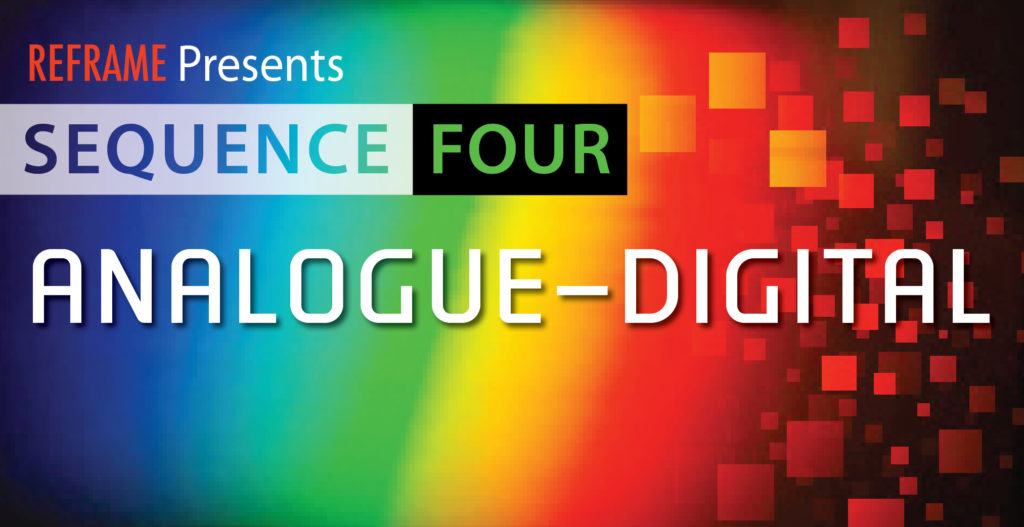
SEQUENCE Four
SEQUENCE Four: Analogue-Digital (2016-present), the fourth issue of SEQUENCE: Serial Studies in Media, Film and Music, REFRAME‘s experimental, peer-reviewed, and sequential edited-collection format.
SEQUENCE Four: Analogue-Digital offers its readers, and potential interlocutors, space for reflection on, and discussion of, notions of the ‘analogue’ and the ‘digital’ in relation to media (and other) cultures. The inaugural contribution to this issue, and to this topic, is by Paul Atkinson, a specialist in the philosophy of science, media theory and visual culture, based at Monash University in Melbourne.
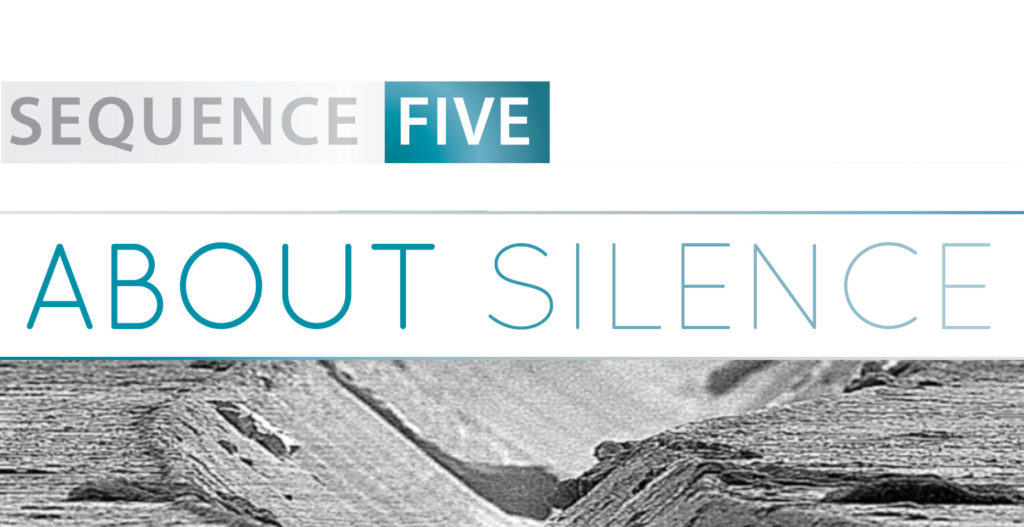
SEQUENCE Five
SEQUENCE Five: About Silence (2016–present), the fifth issue of SEQUENCE: Serial Studies in Media, Film and Music, REFRAME‘s experimental, peer-reviewed, and sequential edited-collection format.
SEQUENCE Five: About Silence offers its readers, and potential interlocutors, space for reflection on, and discussion of, notions of silence, and in particular on forms of creative and critical practice which turn on as well as treat silence – as a space of creativity and criticality. The inaugural contribution to this issue, and to this topic, is by Liz Greene, an academic and sound practitioner whose main research interests are in the theory, history and practice of film sound, currently based at Dublin City University. In her essay “Silence,’ Greene focuses on a piece of her internet radio practice as a space in which to “address silence and silencing in a medium rarely considered for such questions and reflections.”
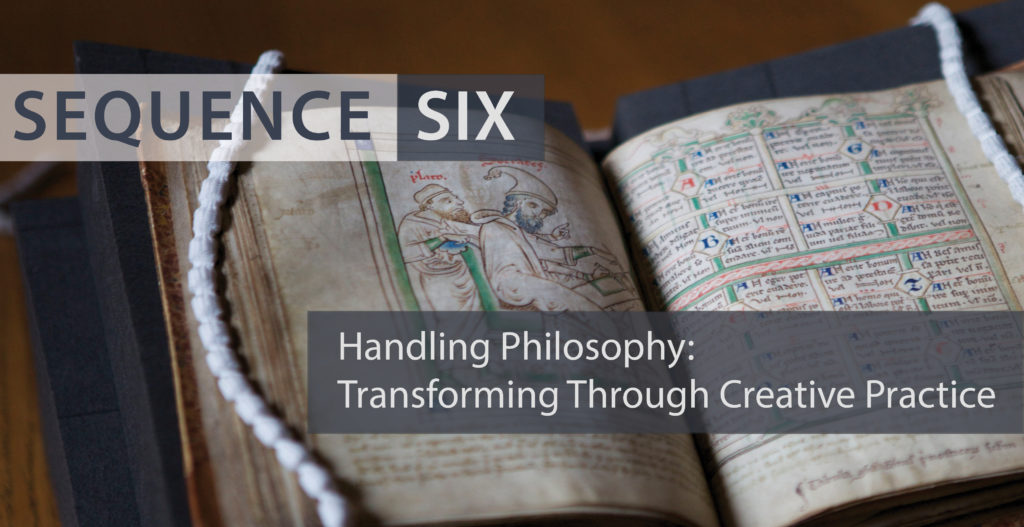
SEQUENCE Six
SEQUENCE Six: Handling Philosophy – Transforming through creative practice, the latest issue of SEQUENCE: Serial Studies in Media, Film and Music, REFRAME‘s experimental, peer-reviewed, and sequential edited-collection format.
This SEQUENCE asks, what is philosophy for? The question is a pragmatic one born from a love of philosophy and a concern over its future. How can philosophy renew itself? Can it be a tool, in the Heideggerian sense, of being ready-to-hand, to be used creatively and imaginatively to do things and produce ‘stuff’, beyond the academy and ‘in the world’? Creative practice offers such possibilities. However a praxical approach to philosophy is a radical intervention that requires a re-configuration of philosophy’s self-identity. There is a tension between the open-endedness of practice and philosophy’s totalising structures and logo centrism.
Other Projects and Publications
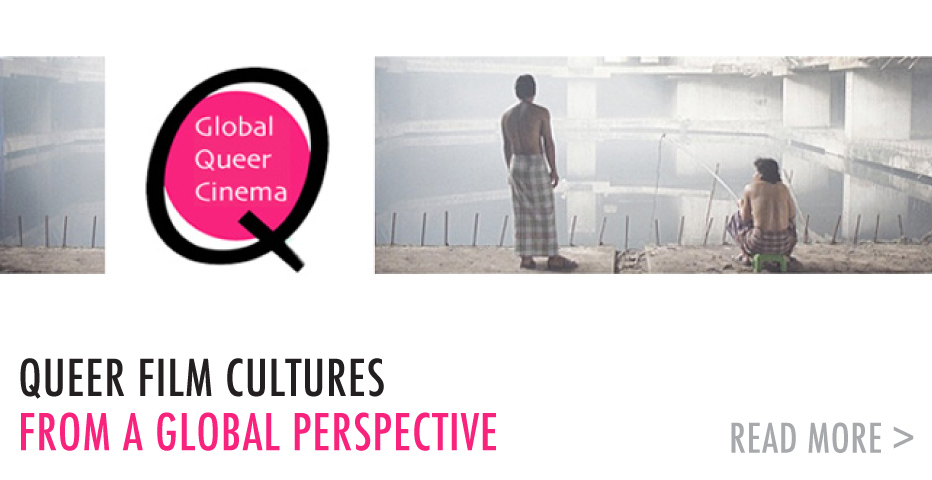
GLOBAL QUEER CINEMAS
GLOBAL QUEER CINEMAS launched in September 2012.
Global Queer Cinema is a collaborative research project engaged in investigating queer film cultures from a global perspective and analysing world cinema from a queer point of view. In addition to scholarly inquiry into the spaces and forms of queer world cinema, its activities include programming innovative queer cinema, holding workshops, and bringing scholars together with film festival programmers, filmmakers and activists from around the world for public discussions of queer visual culture. The project is led by Rosalind Galt (University of Sussex) and Karl Schoonover (University of Warwick) and it is funded by an Arts and Humanities Research Council Research Network Grant. We are partnered with the British Film Institute and CineCity – the Brighton Film Festival.
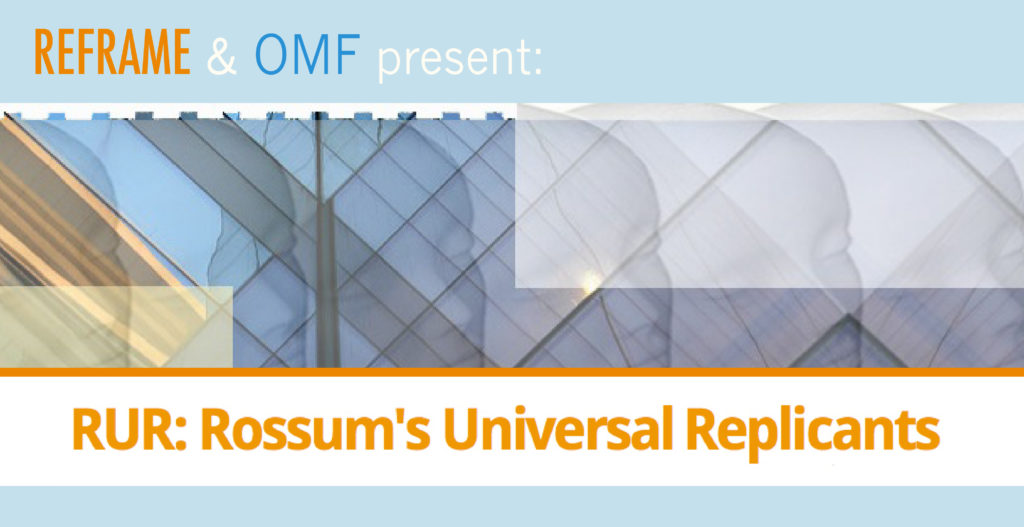
RUR: Rossum’s Universal Replicants
RUR (Rossum’s Universal Replicants) launched in October 2014 (commissioned by OPERA AND THE MEDIA OF THE FUTURE)
Mini-Web Opera by Martin Rieser and Andrew Hugill
A new genre of opera is emerging from digital culture: a new way of telling stories and generating new audiences. The RUR mini-web opera provides an explosive encounter between new technologies and the long-established tradition of opera.
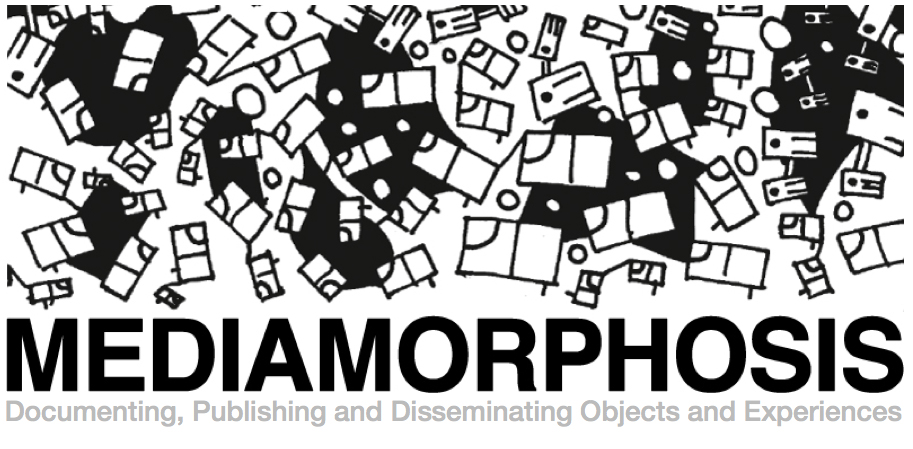
MEDIAMORPHOSIS
MEDIAMORPHOSIS launched in April 2013. It is a REFRAME website run by the Creative Critical Practice Research Group (CCPRG), based at the University of Sussex. The website is produced and edited by Cécile Chevalier, with input from CCPRG group members (staff and doctoral students from the University of Sussex, Royal College of Art, University of Brighton and University of West London, along with unaffiliated working practitioners and members of other professional creative organisations).
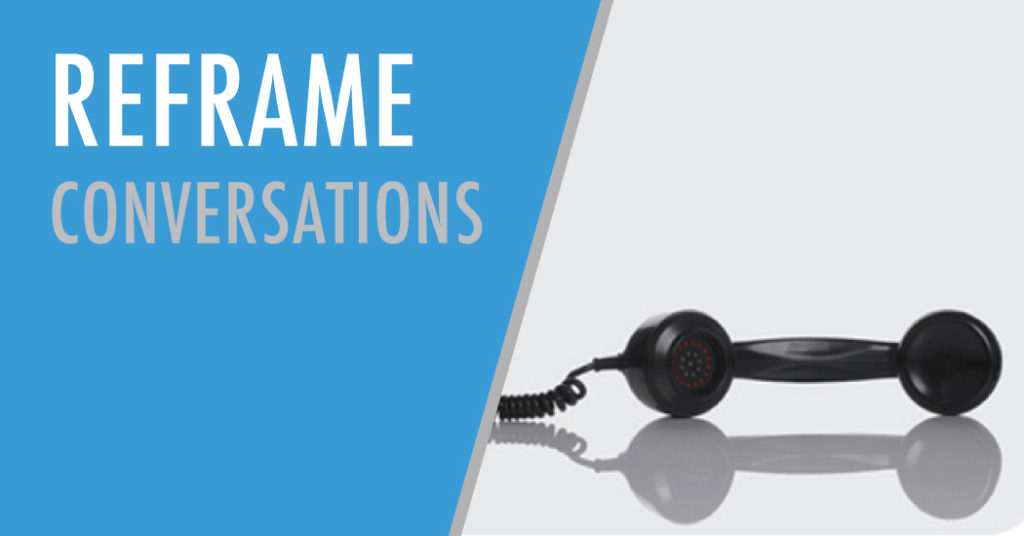
REFRAME Conversations
REFRAME Conversations launched in October 2013, which focus on in-depth explorations of media, film, music and cultural studies research, published and shareable on and offline in video/audio formats.
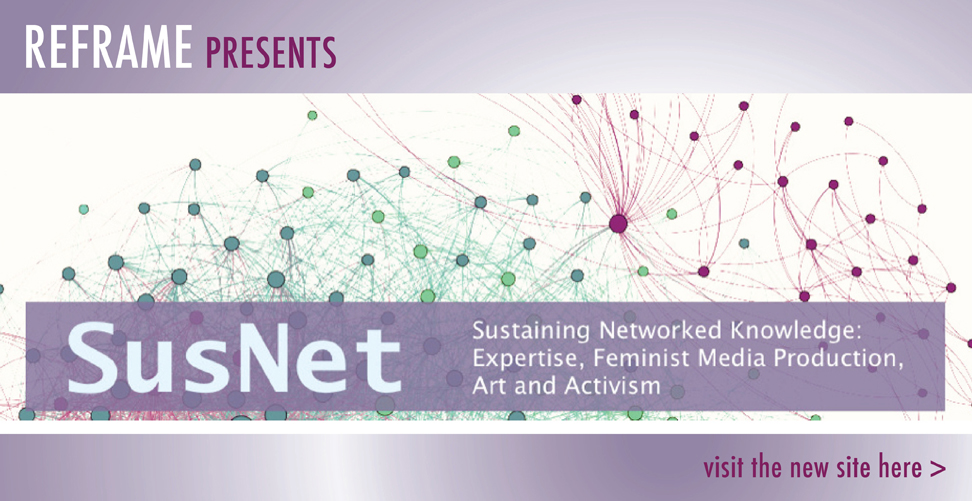
SUSNET
SUSNET: Sustaining Networked Knowledge: Expertise, Feminist Media Production, Art and Activism launched in March 2014.
The REFRAME website for the EPSRC CCN+ funded, Sustaining Networked Knowledge: Expertise, Feminist Media Production, Art and Activism Project (SusNet), based at the University of Sussex. It is co-ordinated by Kate O’Riordan and Aristea Fotopoulou, with further input from other participants in the project. The Conversations are the central part of this project.
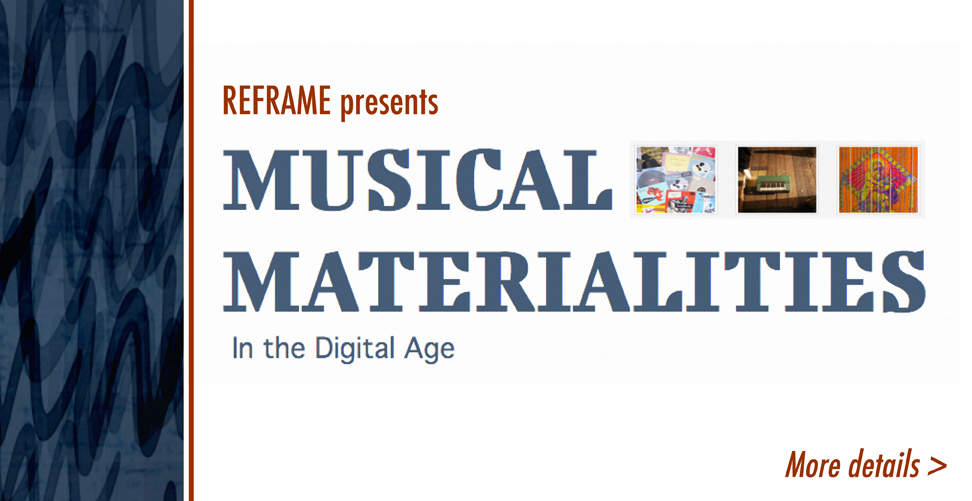
MUSICAL MATERIALITIES IN THE DIGITAL AGE
Musical Materialities in the Digital Age (MusMat for short) launched in April 2014. It is the name of an academic conference (taking place in June 2014), a broader research project and an online resource (this website). More details about the conference can be found elsewhere on the site and on the MusMat facebook page. This site is designed as a repository for materials related to the conference and the research project and will include updates on both, reports and reviews, analytical pieces, discussions and interviews, links to complementary resources and embedded media. The site is run by Richard Elliott and Elodie Roy (organisers of the MusMat conference) and is hosted by the open access research platform REFRAME.
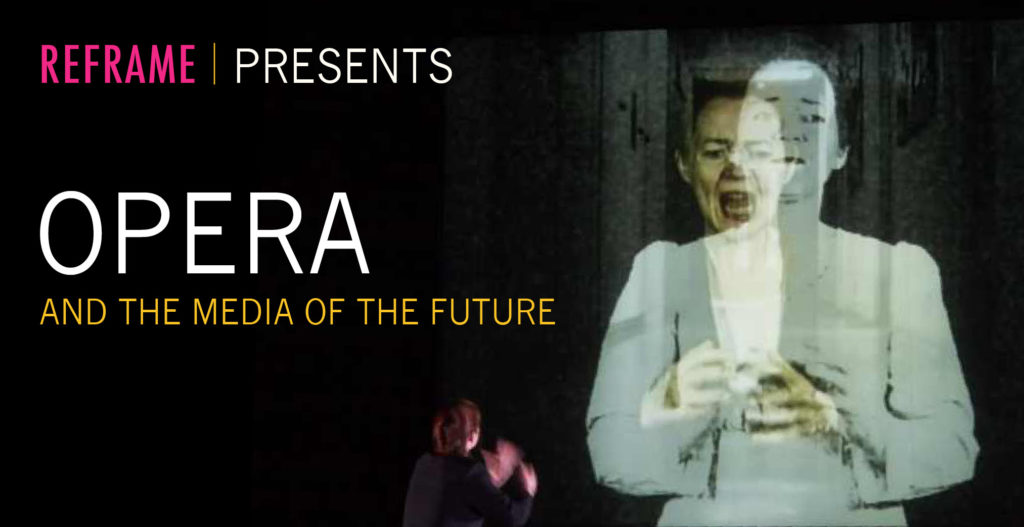
OPERA AND THE MEDIA OF THE FUTURE
OPERA AND THE MEDIA OF THE FUTURE launched in September 2014
The Opera and the Media of the Future initiative was launched at a two-day event held at Glyndebourne on 24th and 25th October 2014.
The event was aimed at both academics and opera/media professionals. We welcomed participants from a full range of academic and professional backgrounds, including opera adminstrators, educators, composers, media artists, directors, performers, and media theorists and researchers.
The event consisted of a mixture of empirical / theoretical research presentations and case studies, with examples of artistic work with new media, including the presentation of two mini web operas commissioned specially for the event. The format included keynote presentations, panel discussions, practical demonstrations and workshops.
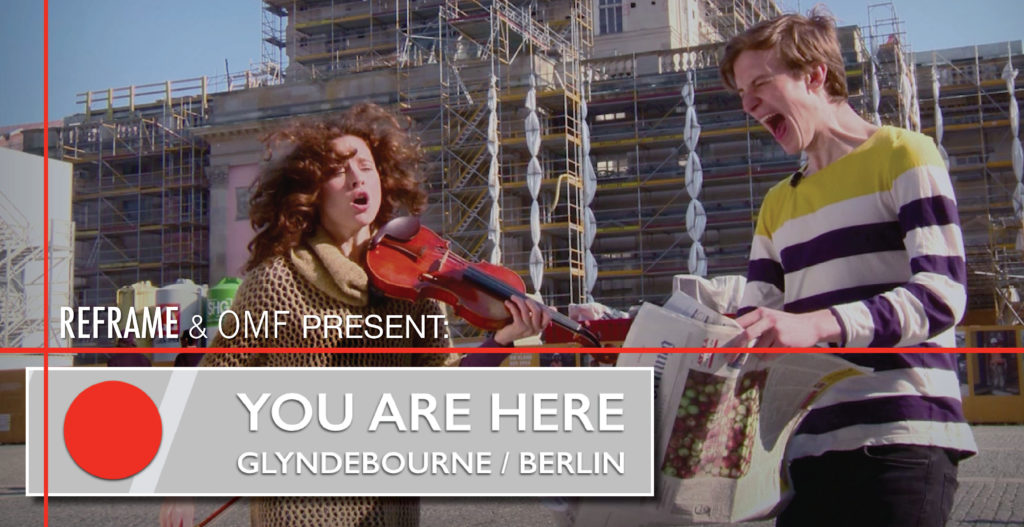
YOU ARE HERE
YOU ARE HERE: A MINI WEB OPERA EXPERIMENT launched in October 2014 (commissioned by OPERA AND THE MEDIA OF THE FUTURE)
YOU ARE HERE is a location specific opera by composer Miika Hyytiäinen and director Jaakko Nousiainen. The work creates a novel abstraction of the concept of the opera house by connecting interior spaces of Glyndebourne Opera to exterior spaces of the opera houses in Berlin, Staatsoper, Deutsche Oper and Komische Oper.
YOU ARE HERE is encountered as a set of six visual artworks that each contain a QR code, which can be activated with a smartphone camera. The codes connect to short opera videos, forming a virtual peephole between Glyndebourne and Berlin.
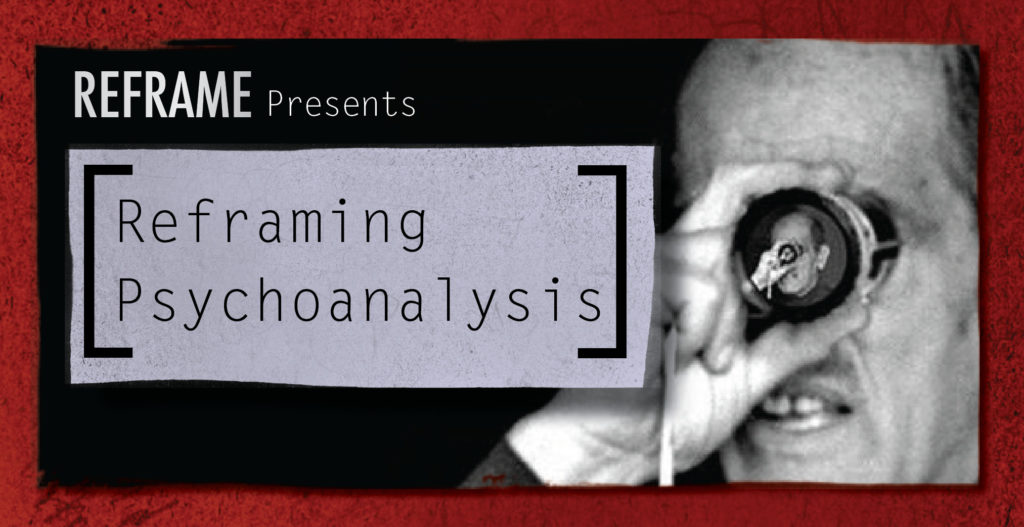
REFRAMING PSYCHOANALYSIS
REFRAMING PSYCHOANALYSIS website launched for the CHASE Psychoanalysis Network in November 2016.
It is a focus for research in psychoanalysis across the Consortium for Humanities and the Arts South-East England (CHASE). CHASE brings together nine leading institutions engaged in collaborative research activities in the arts and humanities, including an AHRC doctoral training partnership. These are the Universities of East Anglia, Essex, Kent and Sussex, the Open University, The Courtauld Institute of Art, Goldsmiths, University of London, Birkbeck, University of London and SOAS, University of London.
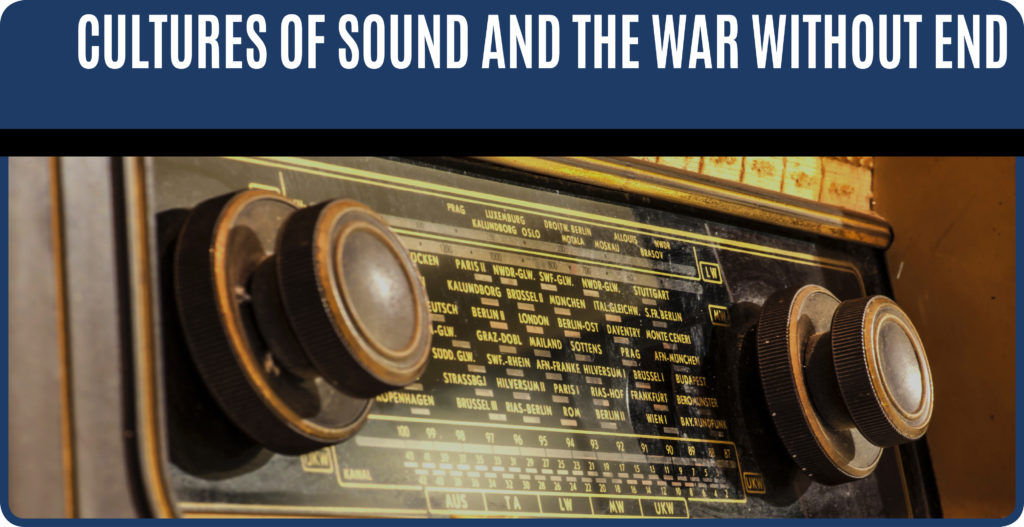
CULTURES OF SOUND AND A WAR WITHOUT END
CULTURES OF SOUND AND A WAR WITHOUT END website launched in October 2016.
A Symposium held on June 2, 2015, at the Sussex Humanities Lab, University of Sussex, and sponsored by Public Culture Hub and Sussex Centre for Culture Studies (SCCS)
Marking the 13th anniversary of the September 11th attacks, Barack Obama announced the latest phase of the war without end – a bombing campaign of unspecified duration that would take in both Syria and Iraq. Weeks later they were joined by the British Armed Forces.
Under the sign of ‘terror’, this unending war has shaped the places that have been bombed and places that have done the bombing. The estimated 500,000 dead in Iraq and what Claire Alexander has referred to as “the rise and rise” anti-Muslim racism in Britain are but two examples of this. However, other dimensions of cultural life have also changed, including the cultures and circuits of sound.
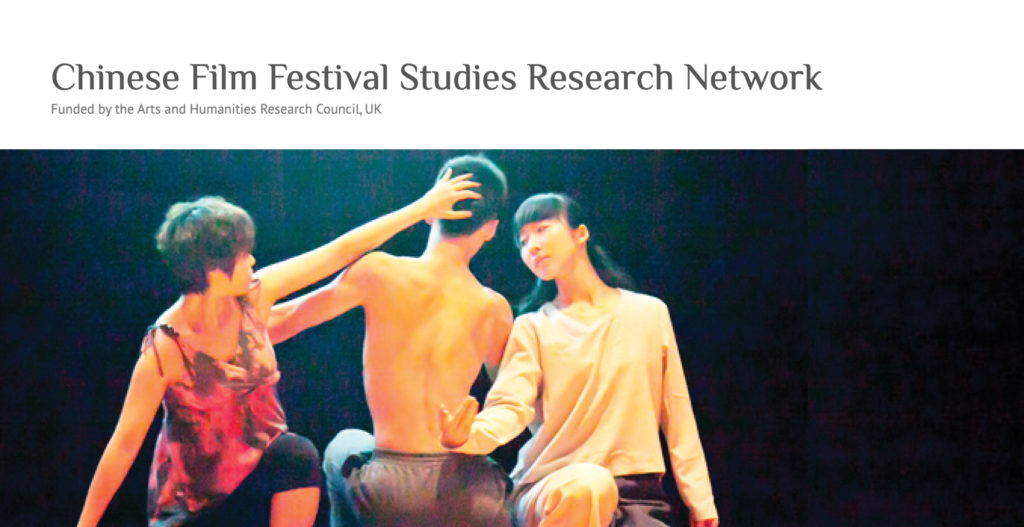
CHINESE FILM FESTIVAL STUDIES NETWORK
CHINESE FILM FESTIVAL STUDIES NETWORK website launched in October 2016.
This research network brings together scholars in the UK, China, other parts of Asia, Europe and the USA who are working on film festivals in Chinese-language territories and cultures (including the People's Republic, Taiwan, Hong Kong, and elsewhere).
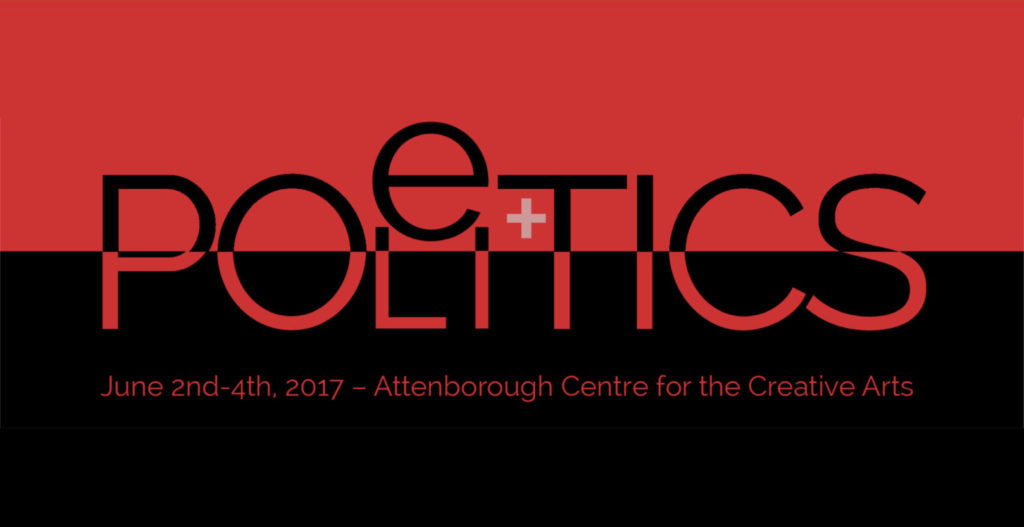
THE POETICS AND POLITICS OF DOCUMENTARY
THE POETICS AND POLITICS OF DOCUMENTARY is a two and a half day practice-led research symposium exploring the interconnections between art and knowlege as they are expressed in documentary practices, broadly conceived. It will be held at the Attenborough Centre for the Creative Arts, University of Sussex, between 2nd and 4th June, 2017.
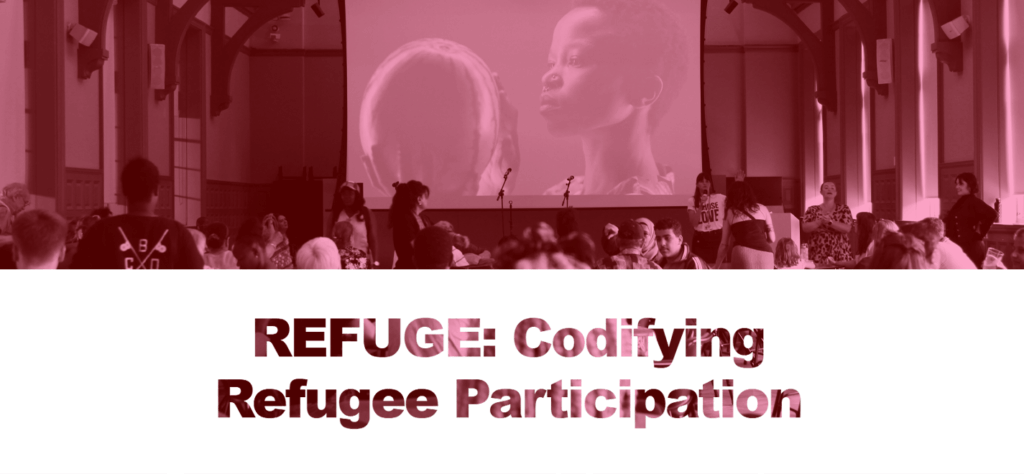
REFUGE: Codifying Refugee Participation
REFUGE draws together participatory approaches to forced displacement in UK Galleries, Museums, Academia and Activism. Stemming from AHRC-funded research from the University of Sussex, it explores how civic and cultural institutions can foster meaningful participation, voice, and recognition in a context where official support is shrinking. The work includes best practice guidelines, case studies, and resources developed through two national workshops in Manchester and London with cultural professionals, academics, and individuals with lived experience of displacement, project managers, curators, and community engagement teams. Read more here https://reframe.sussex.ac.uk/refuge/

